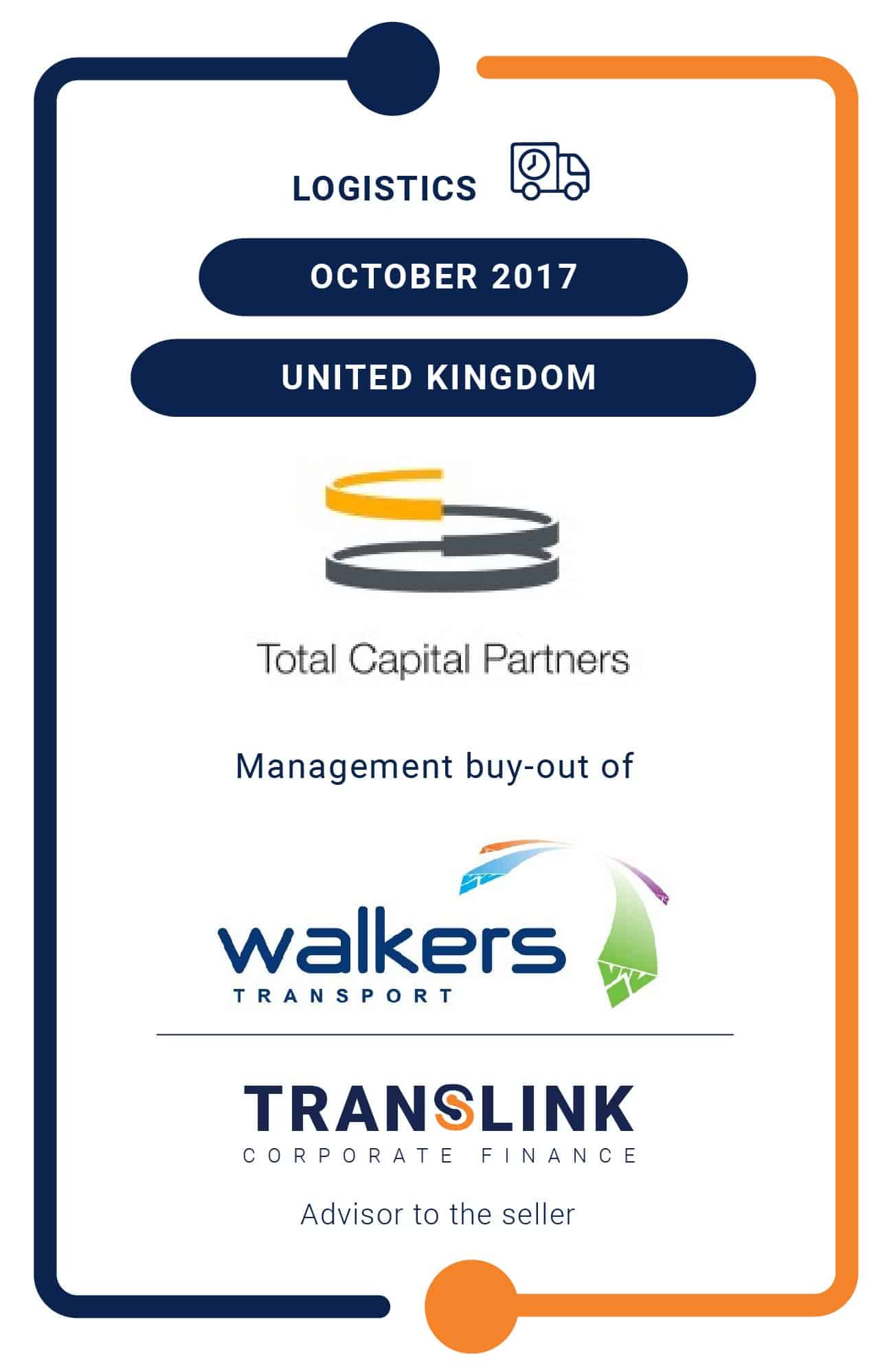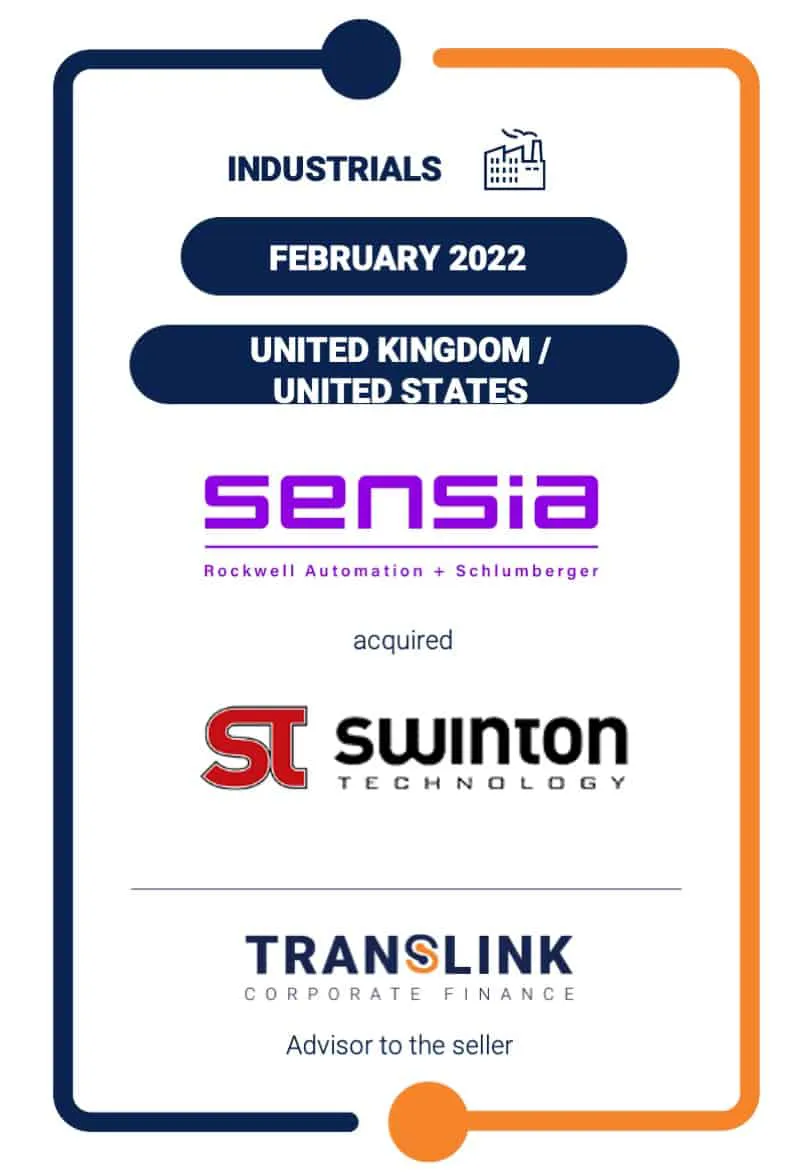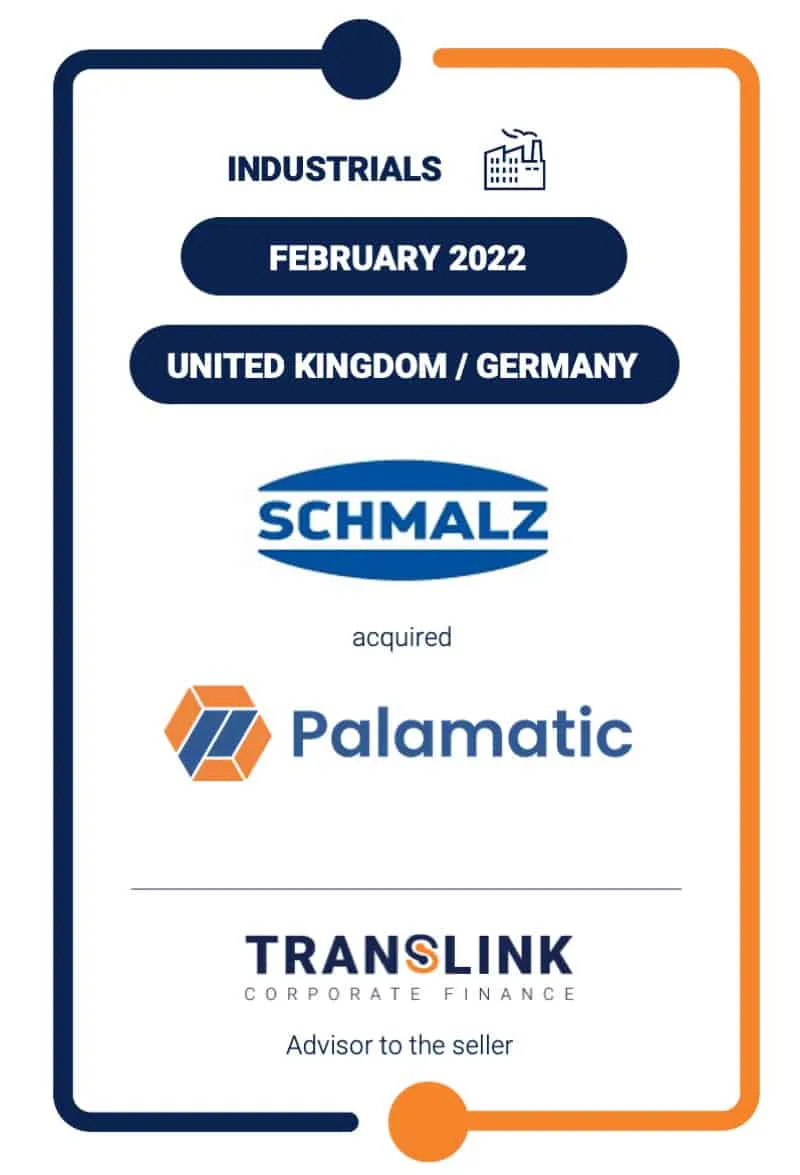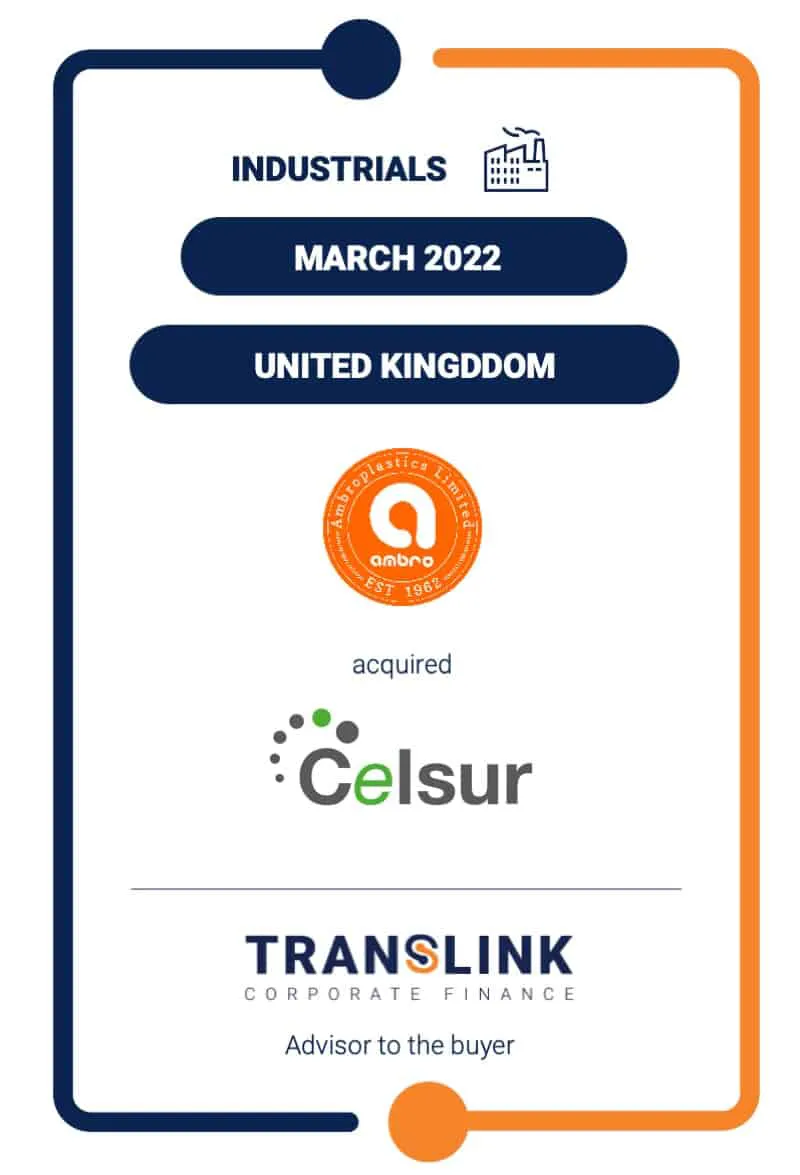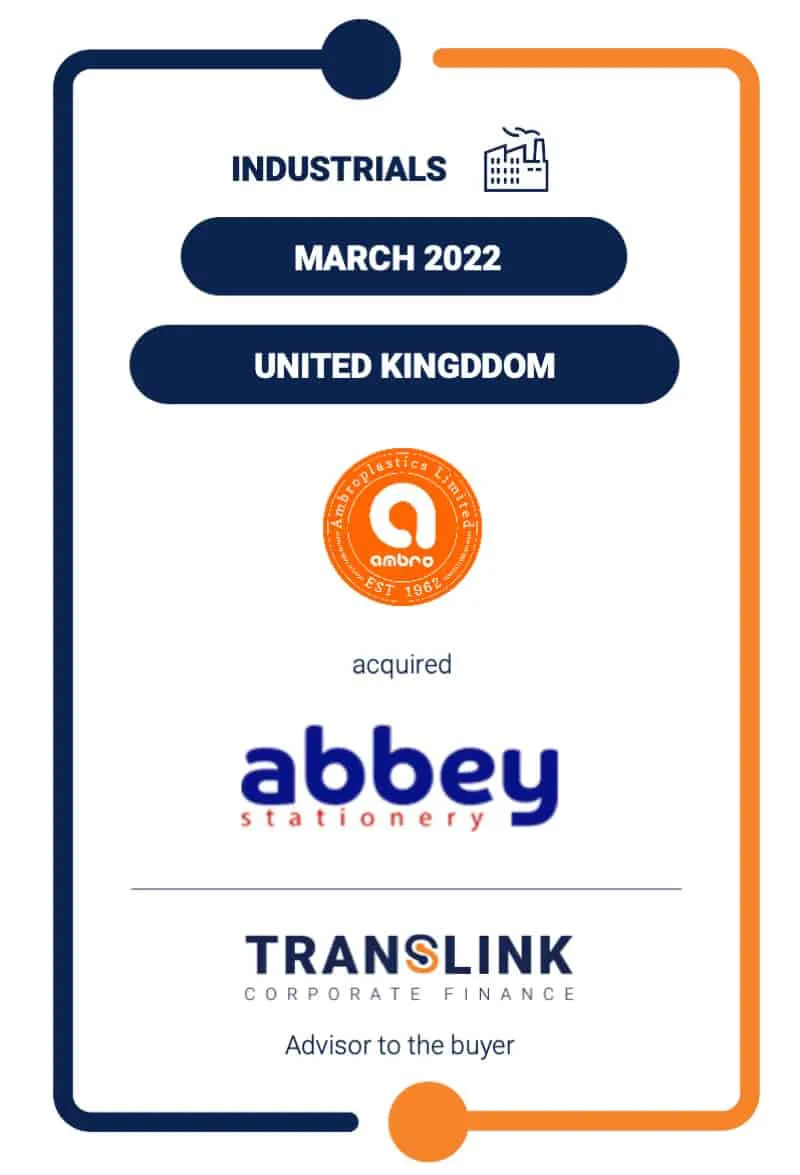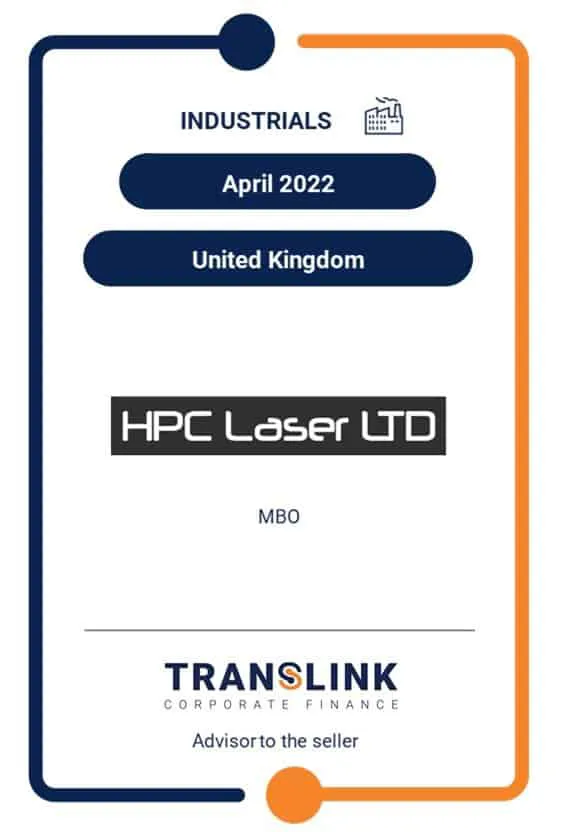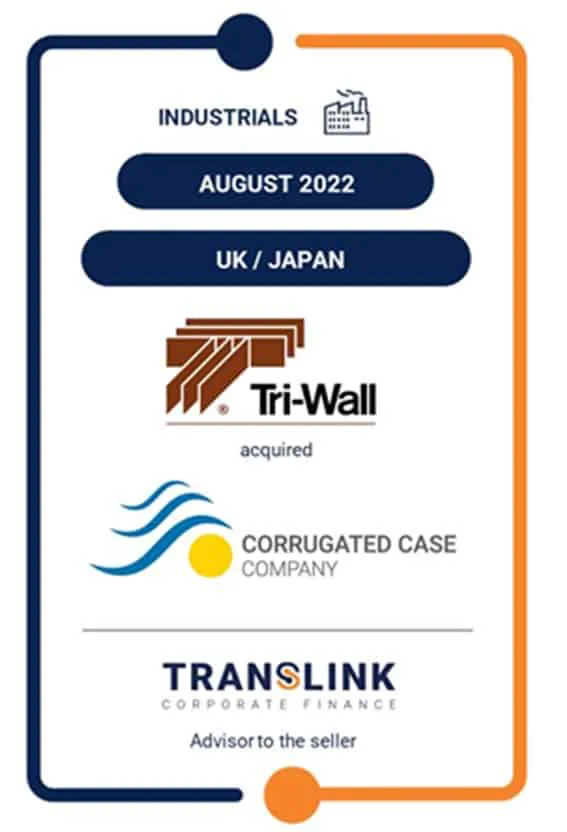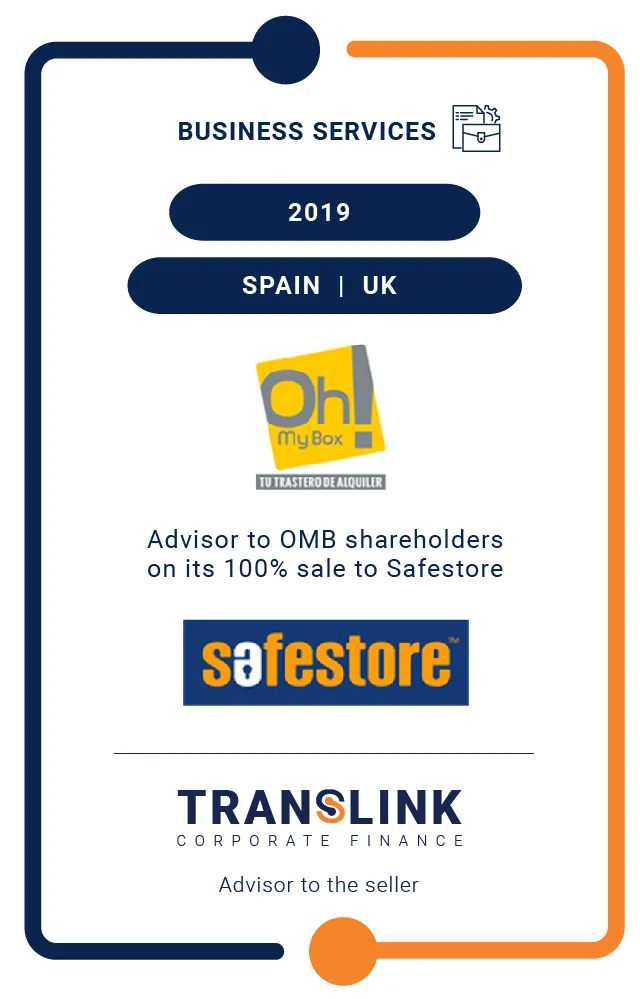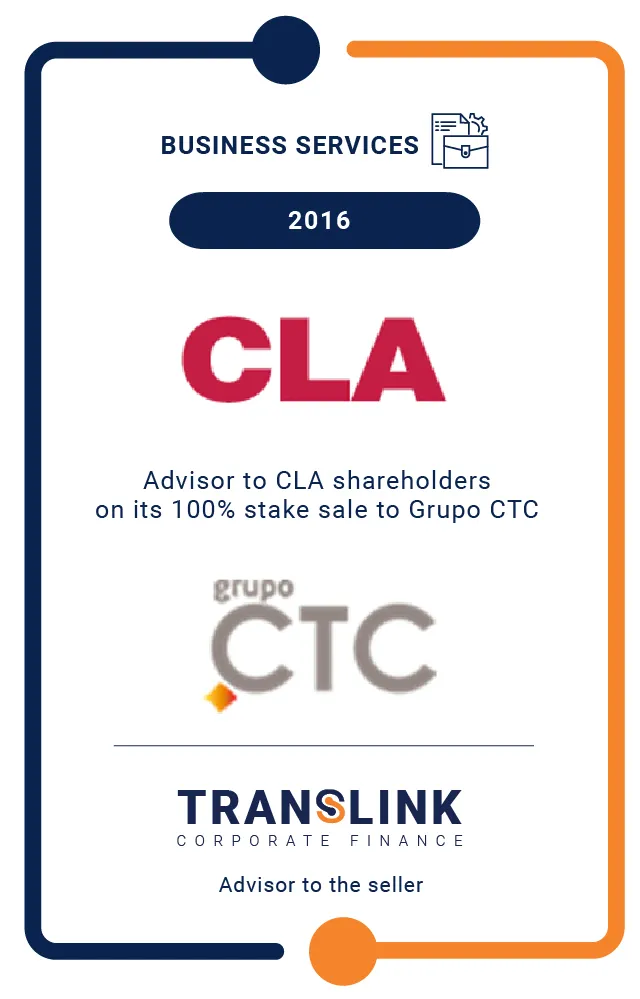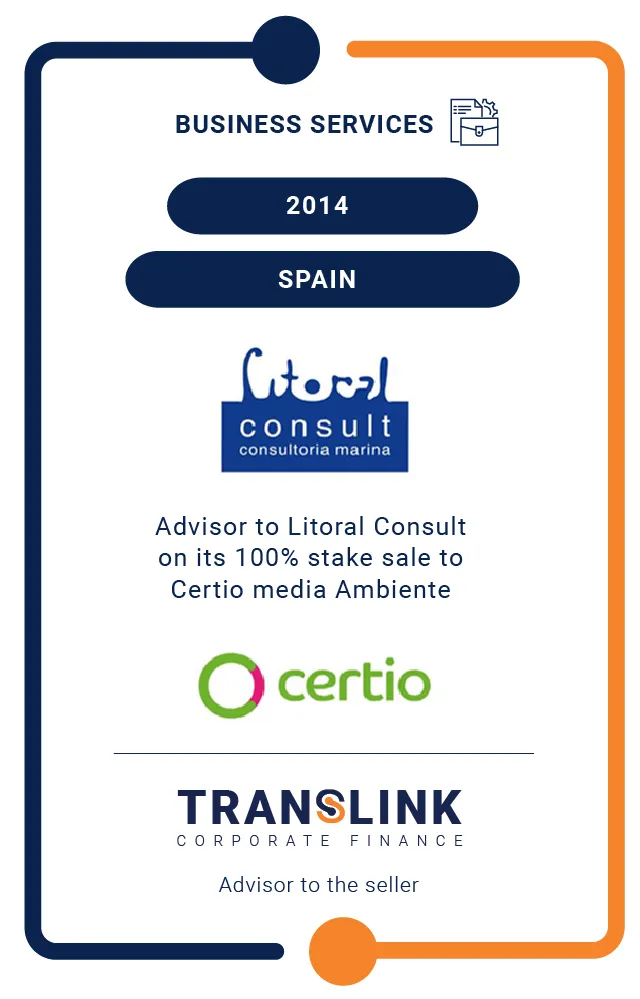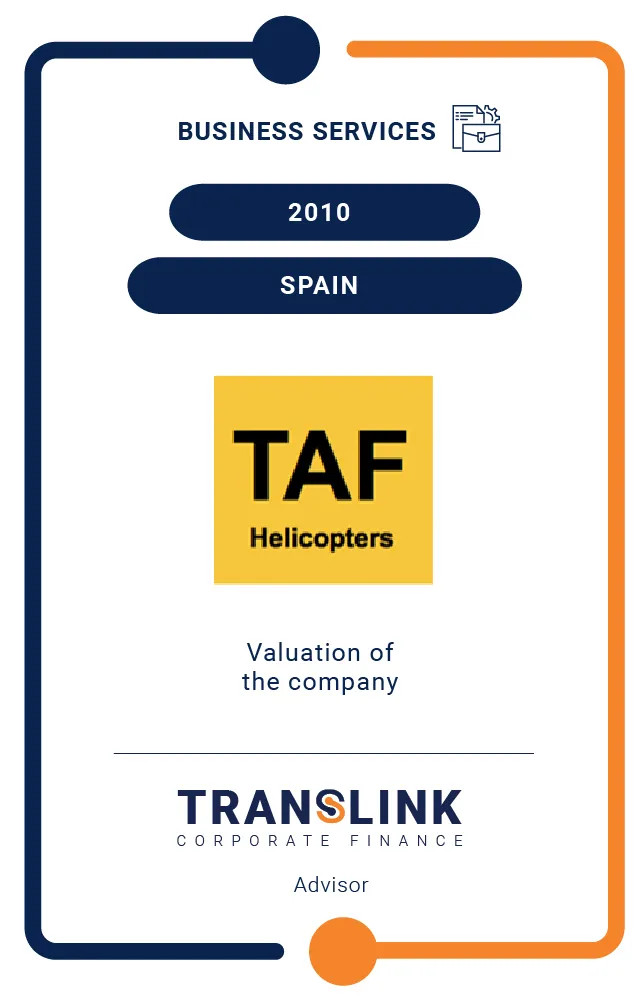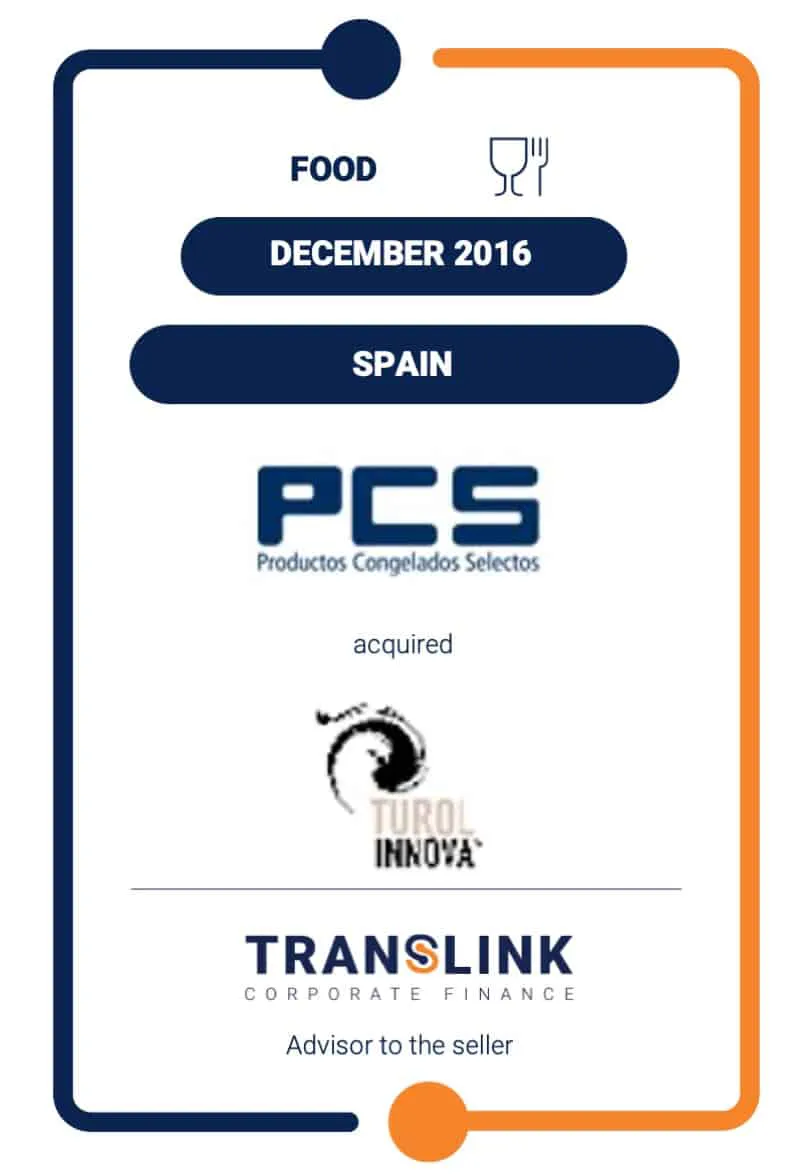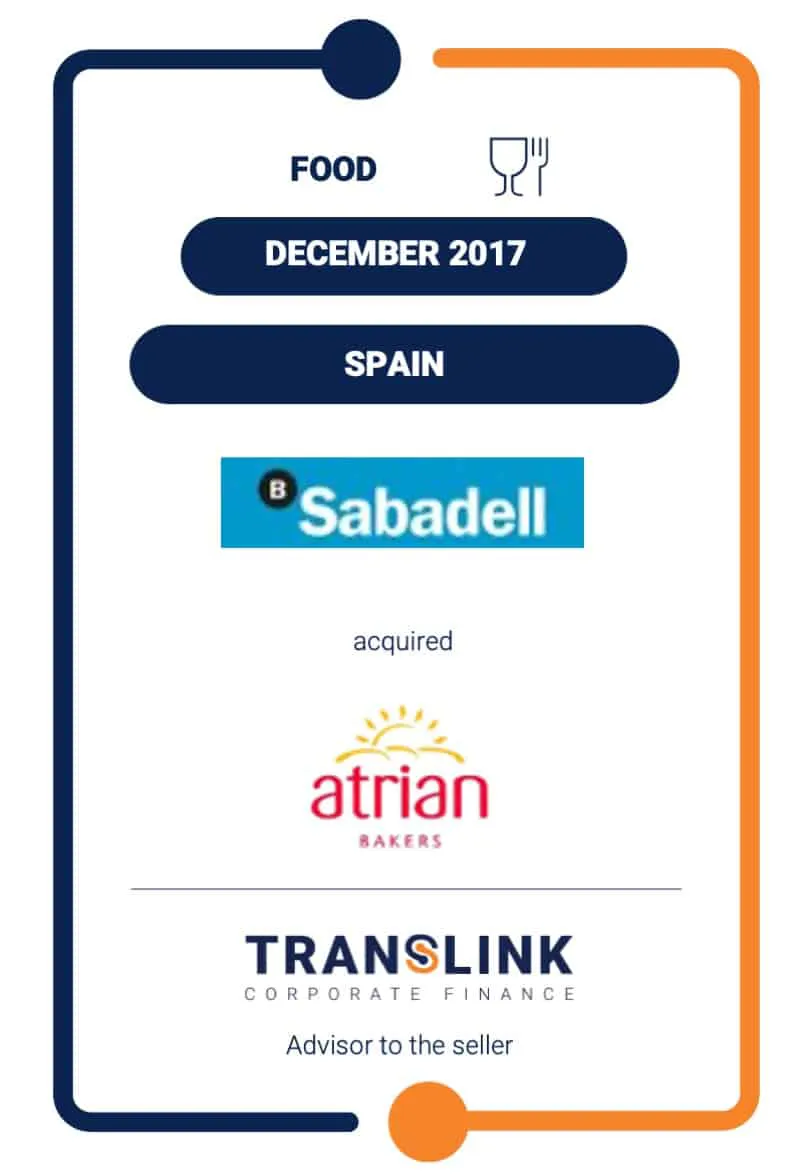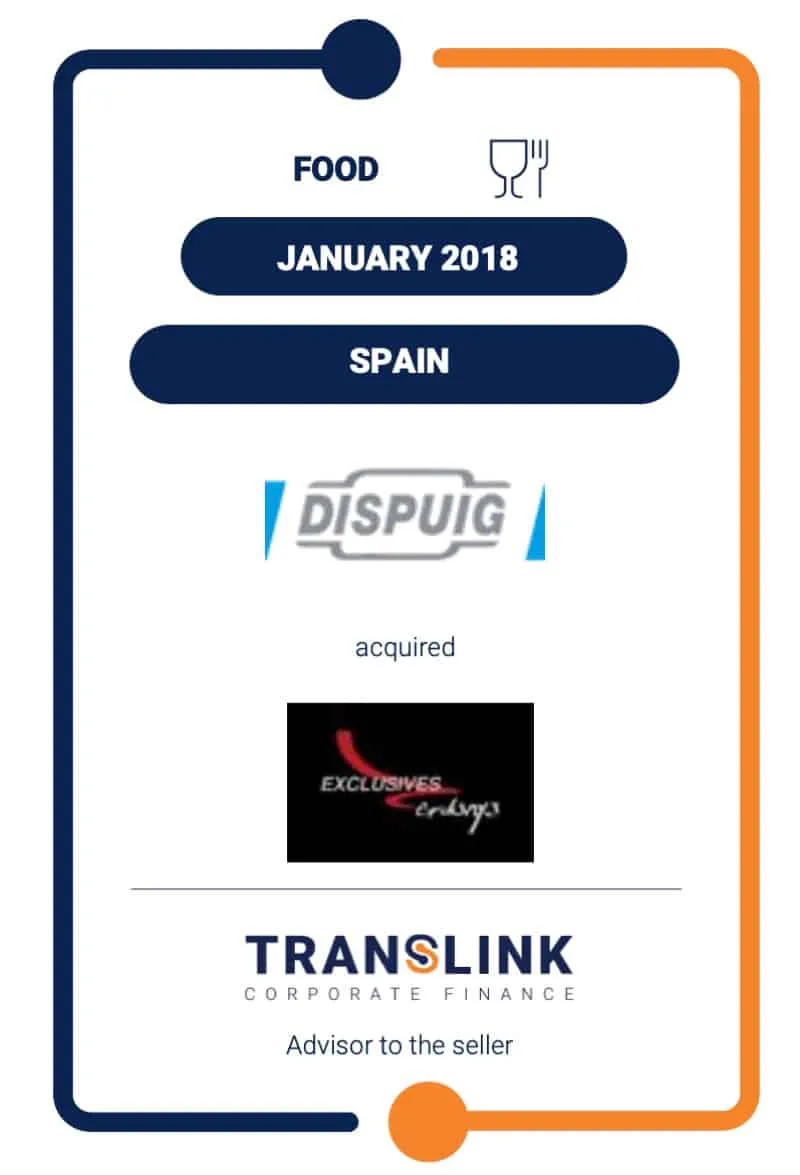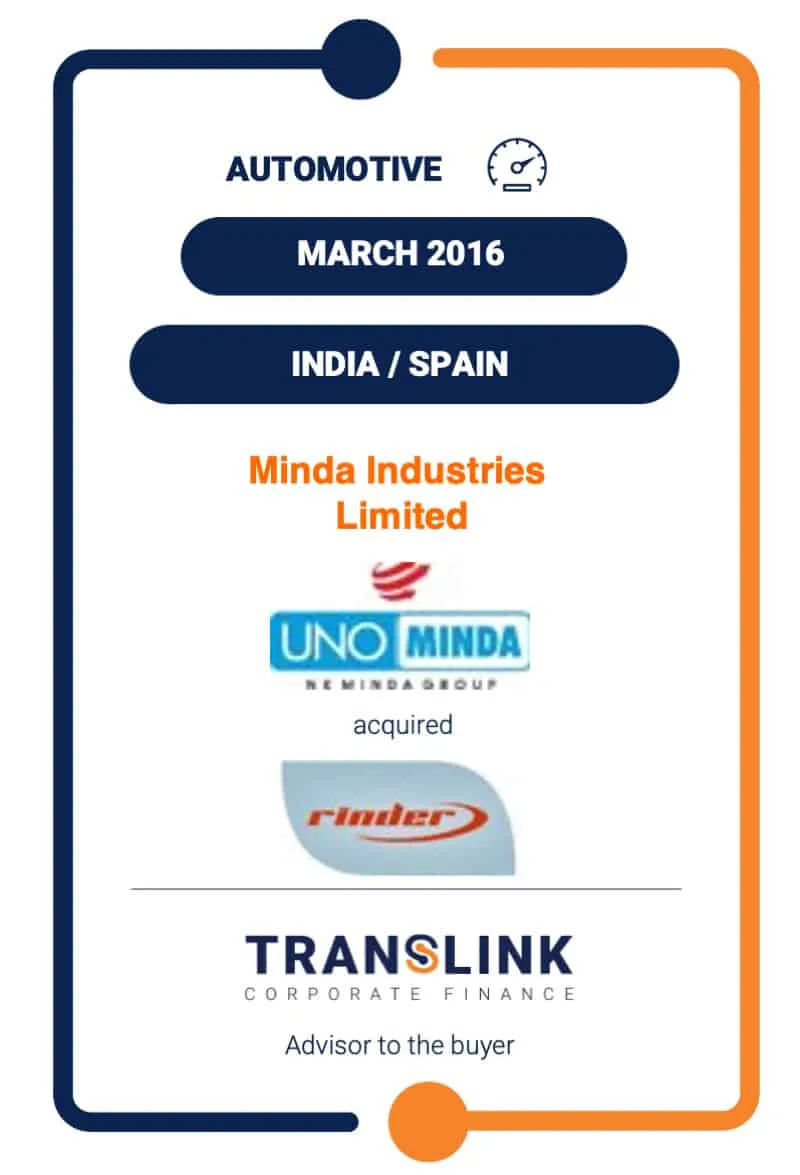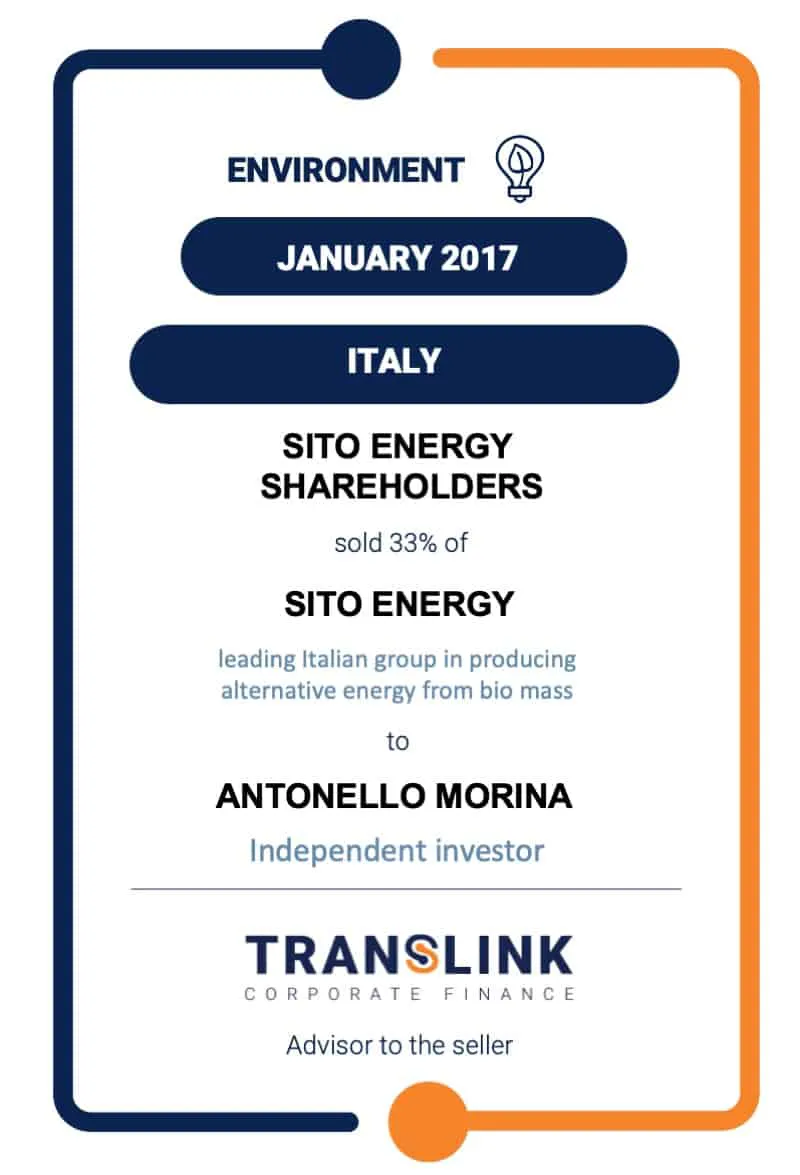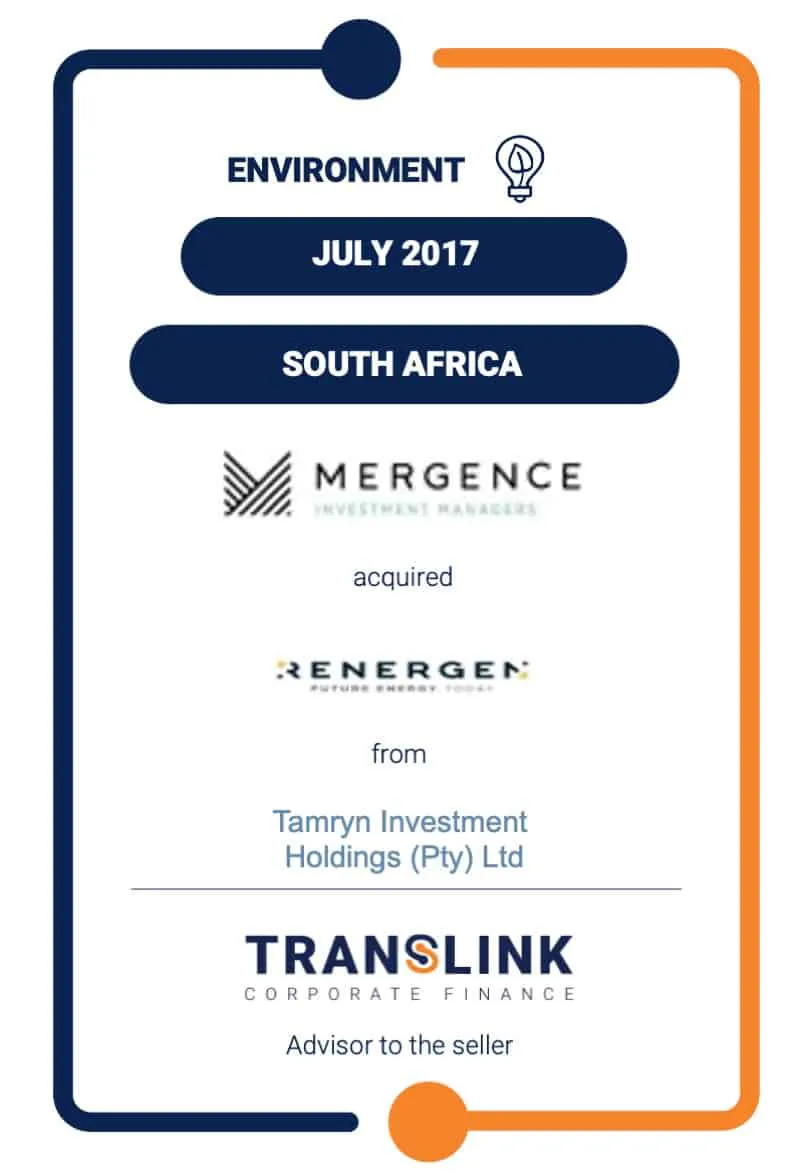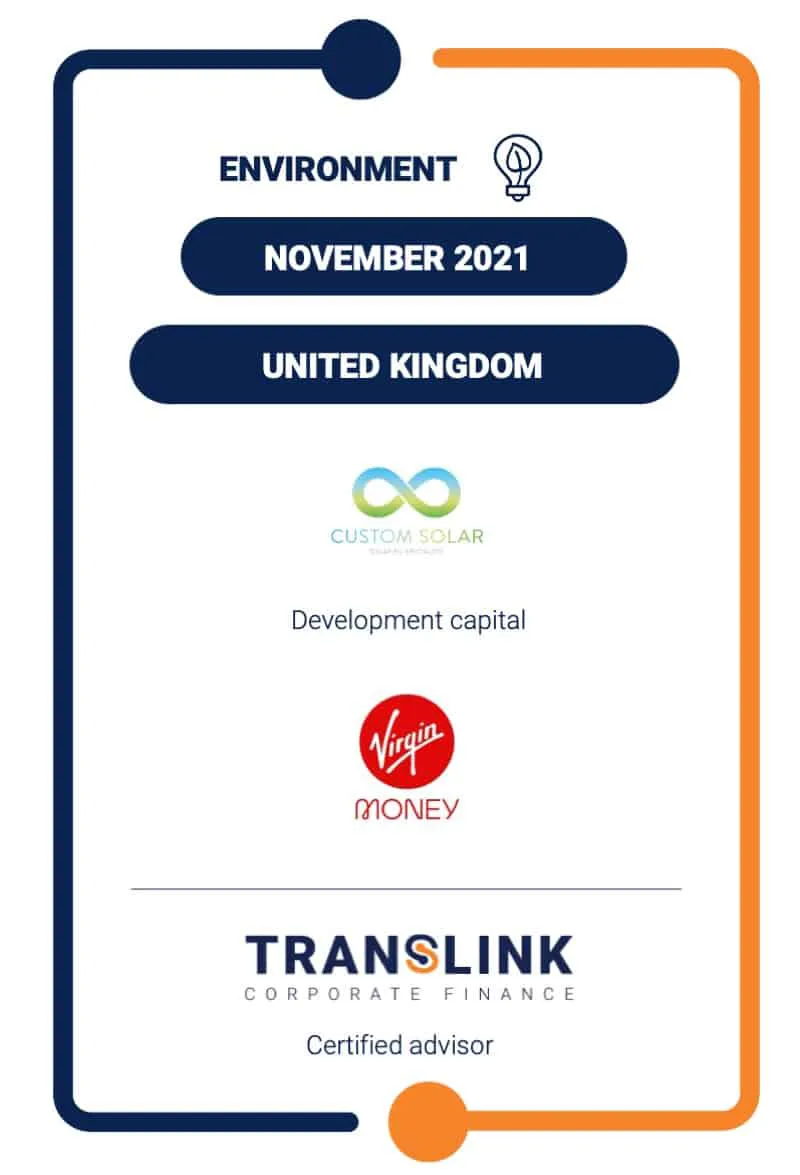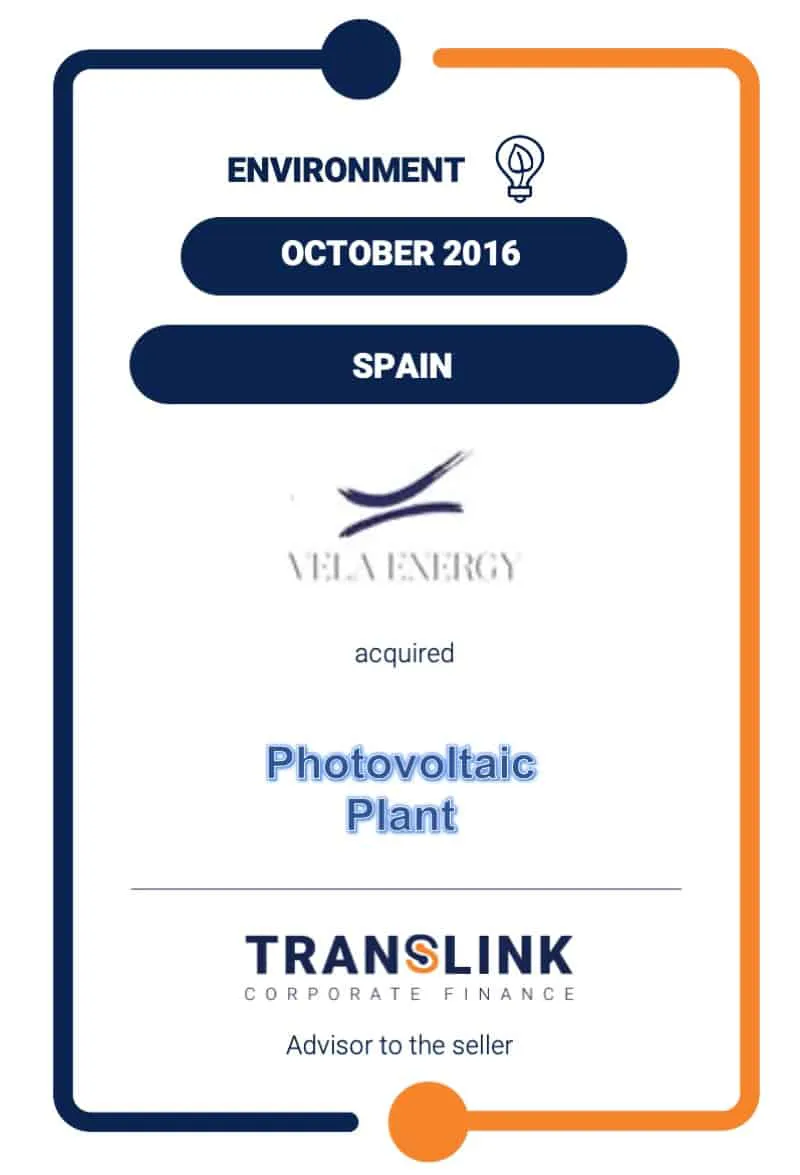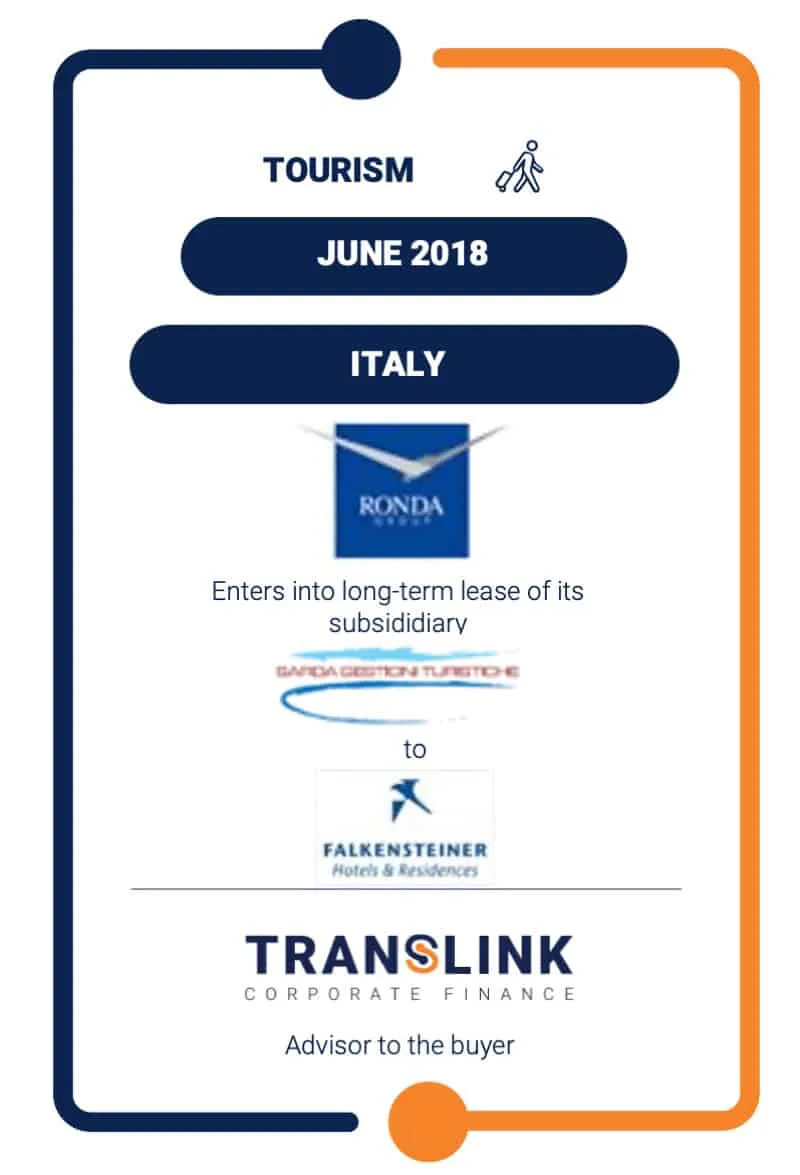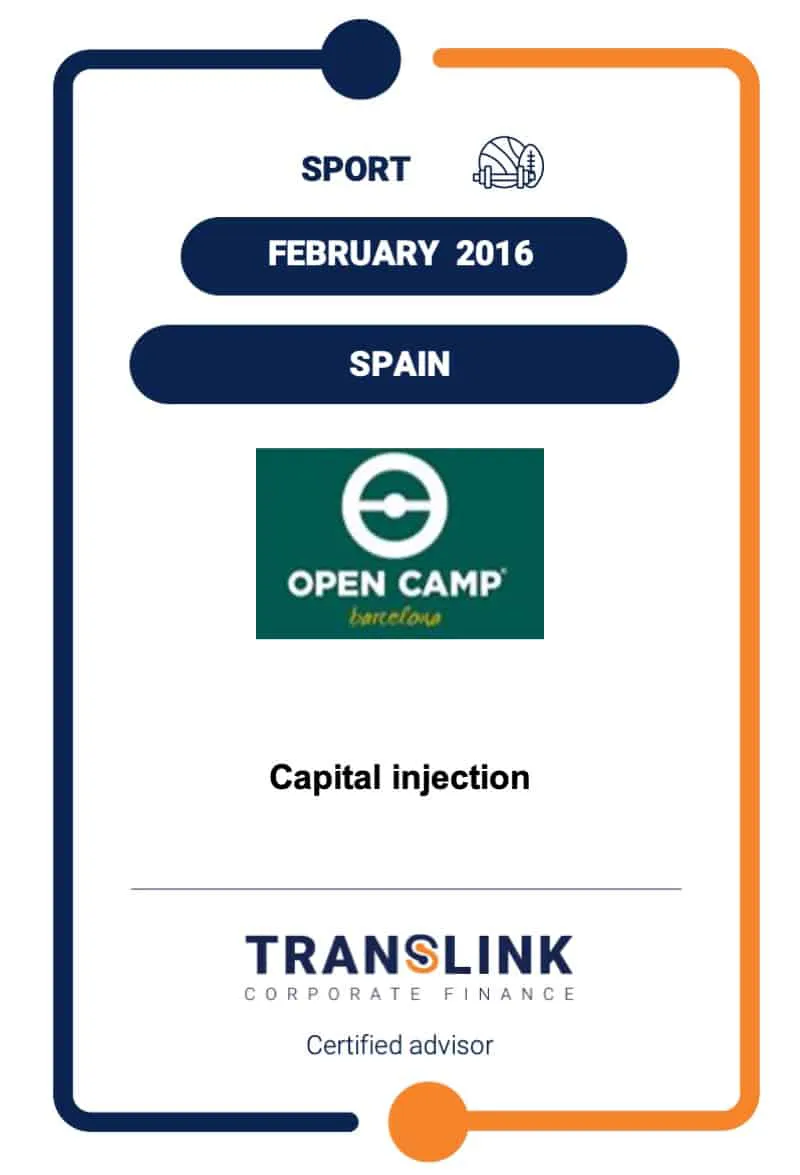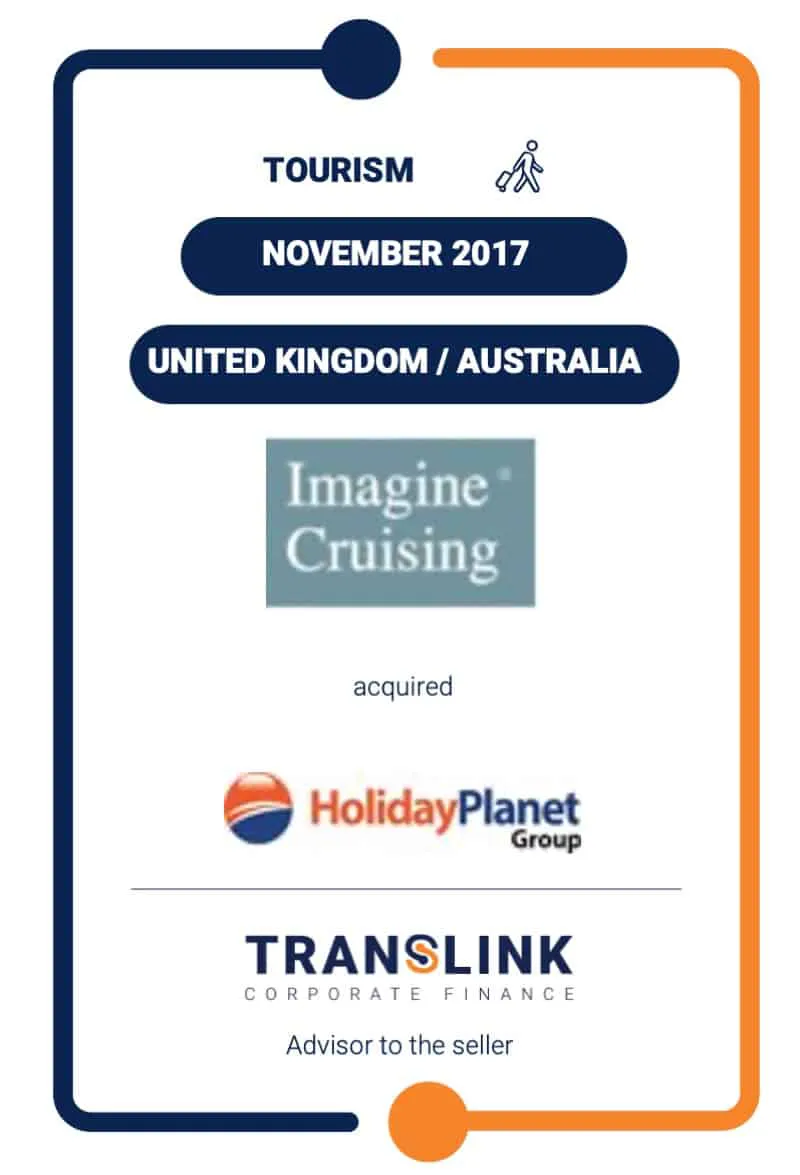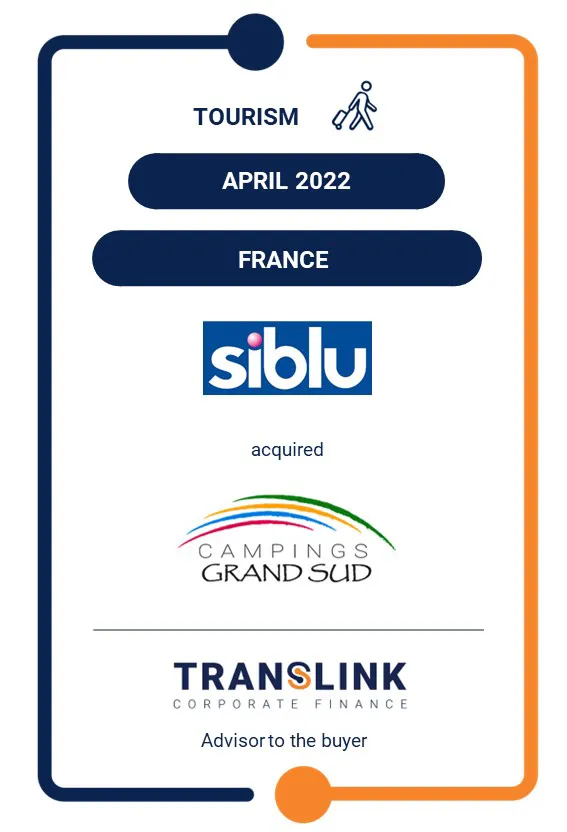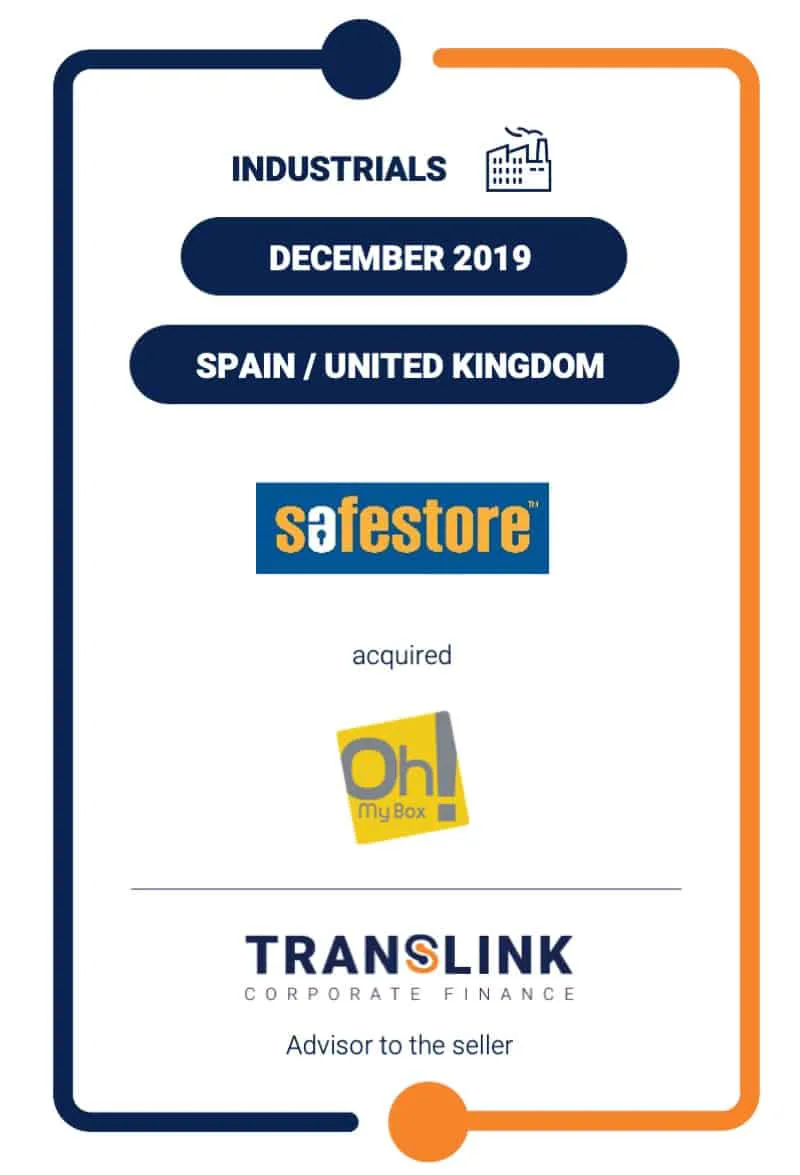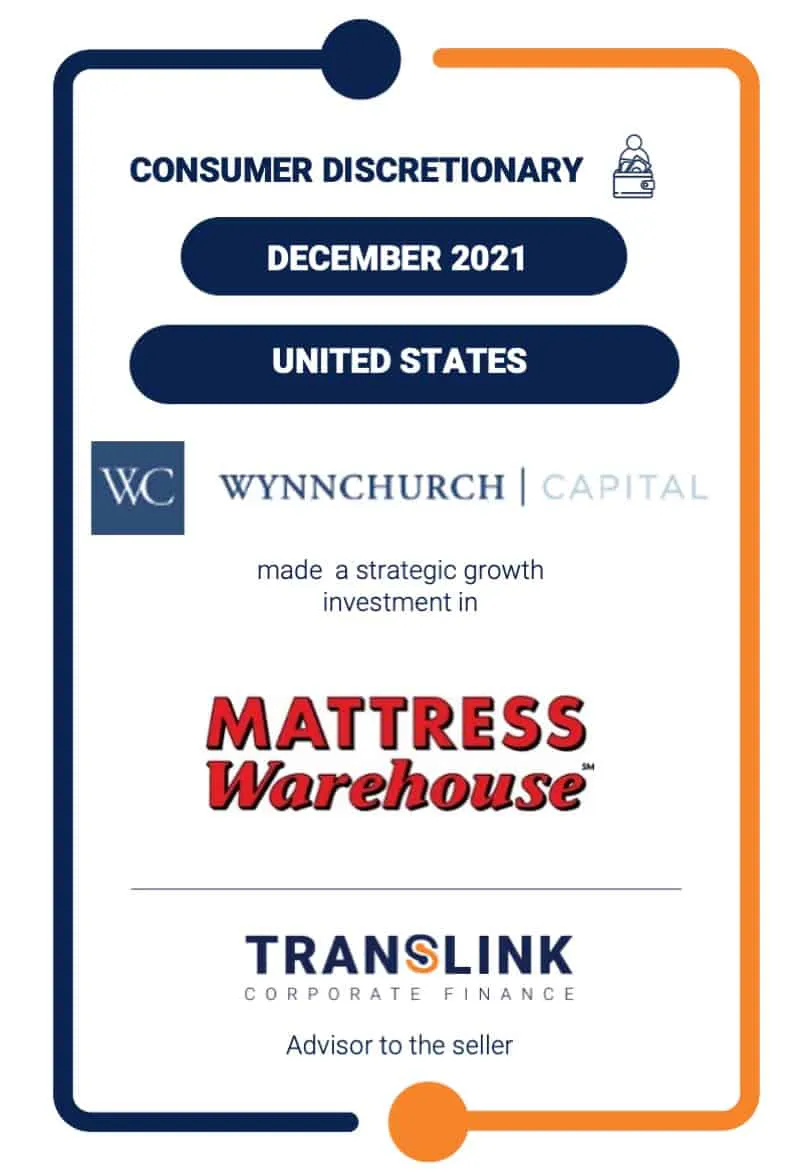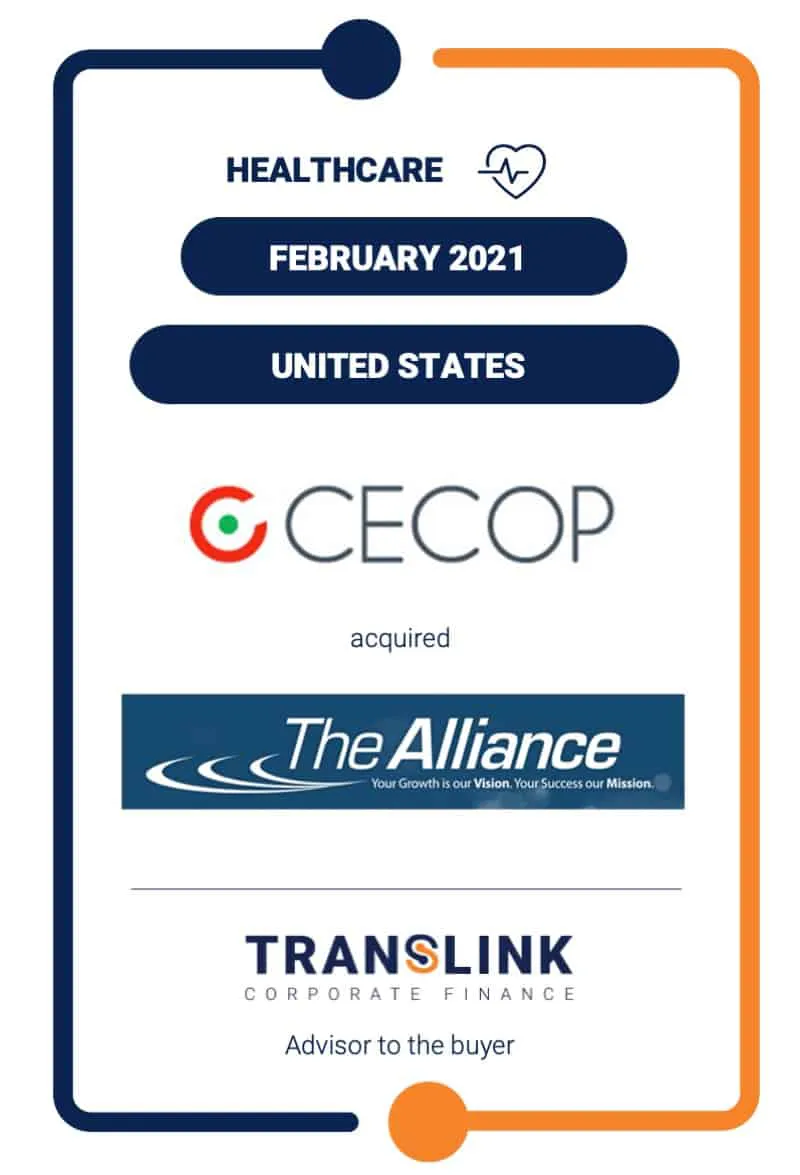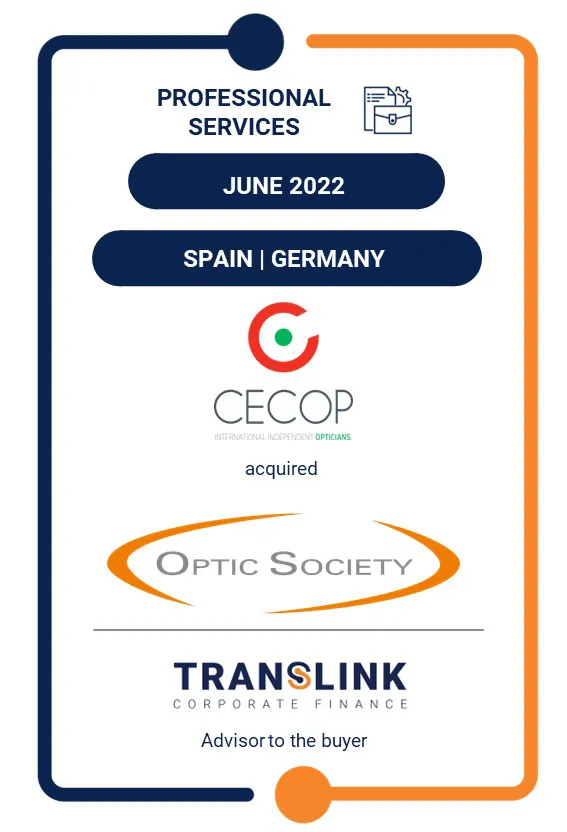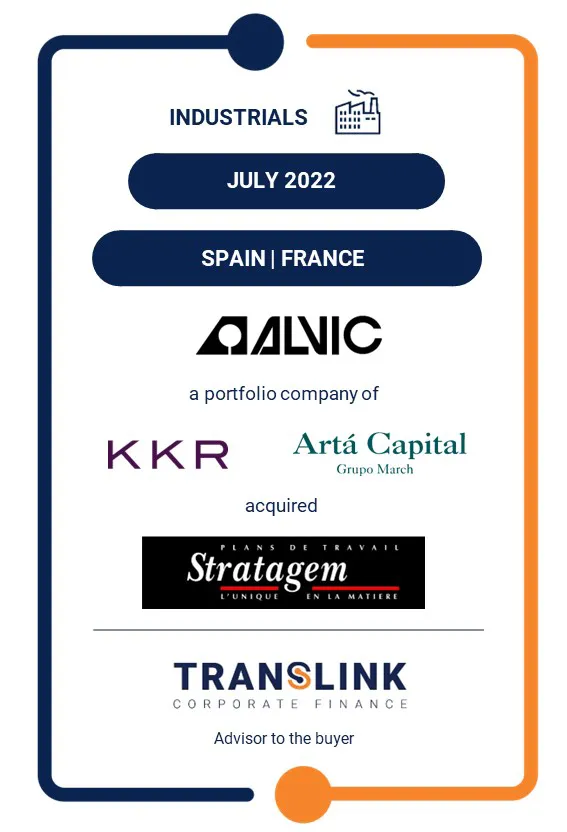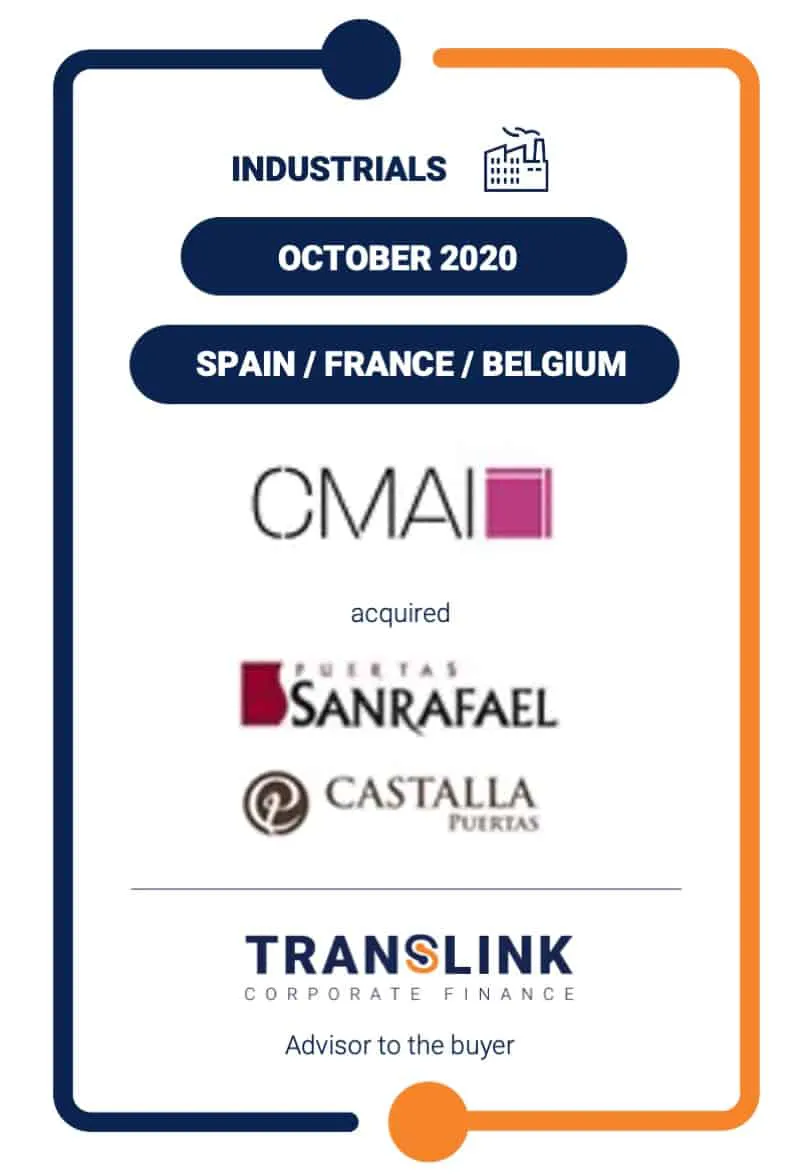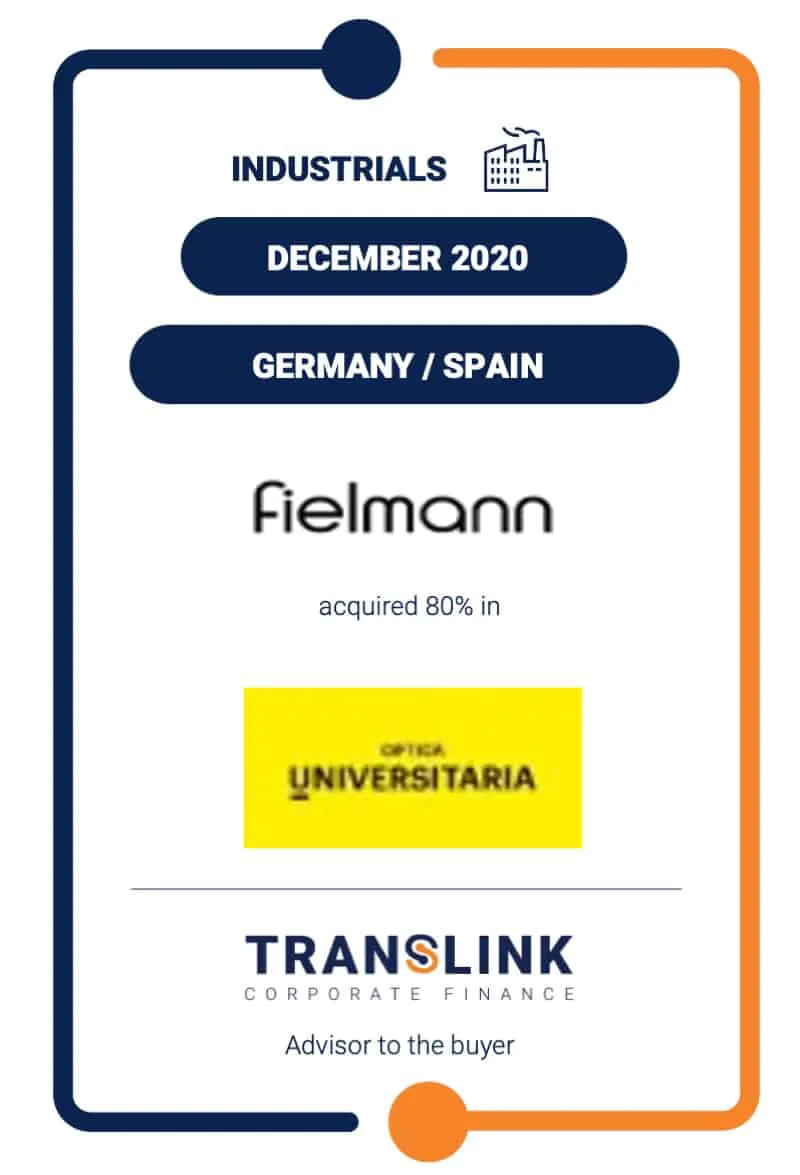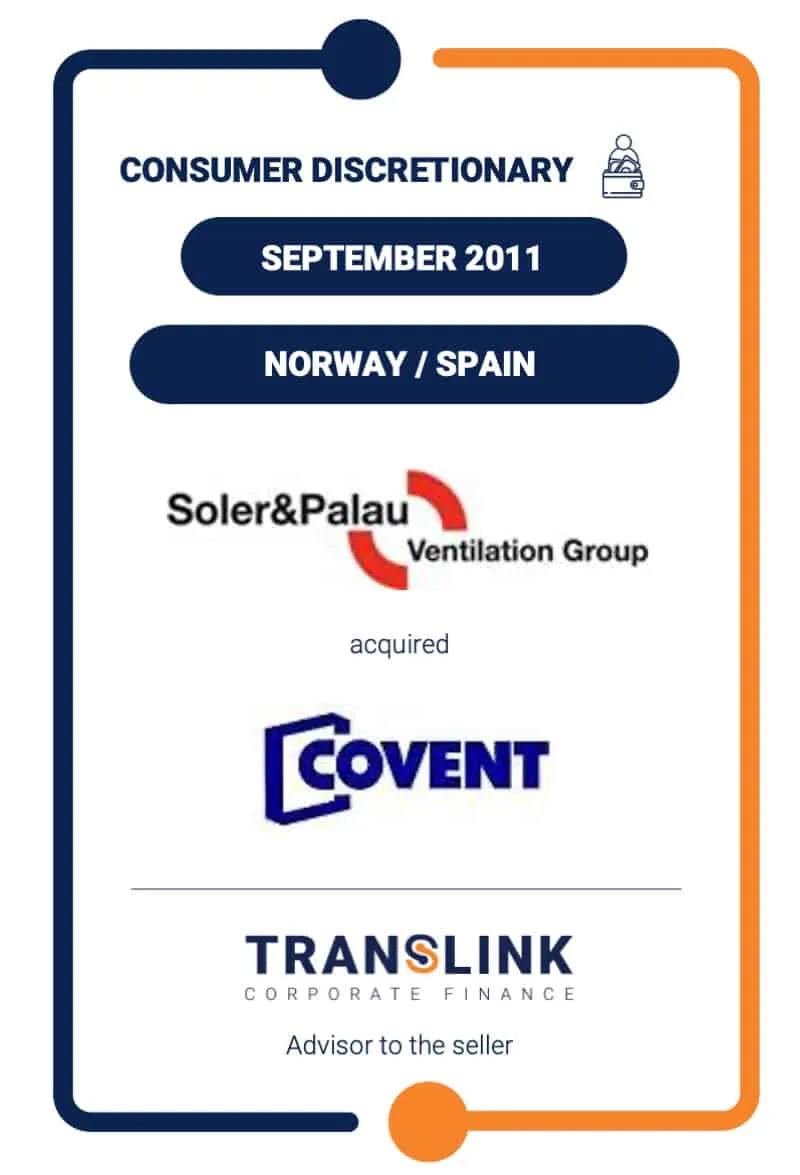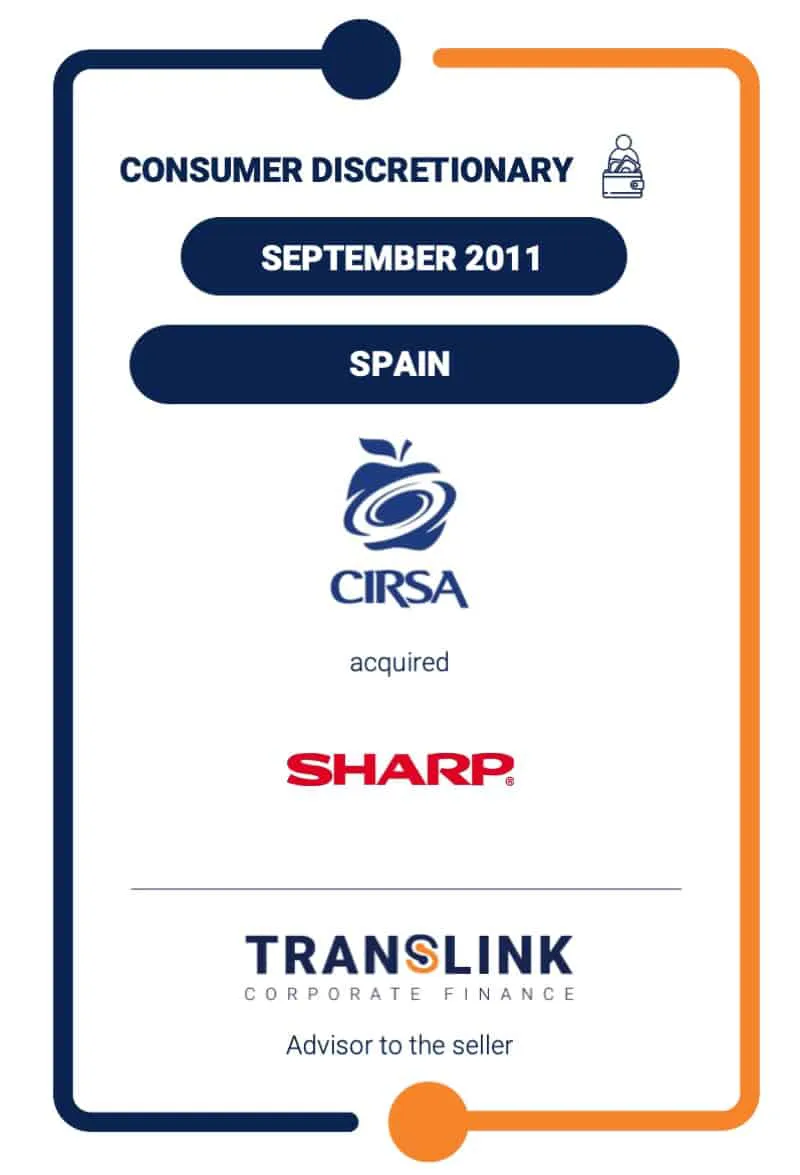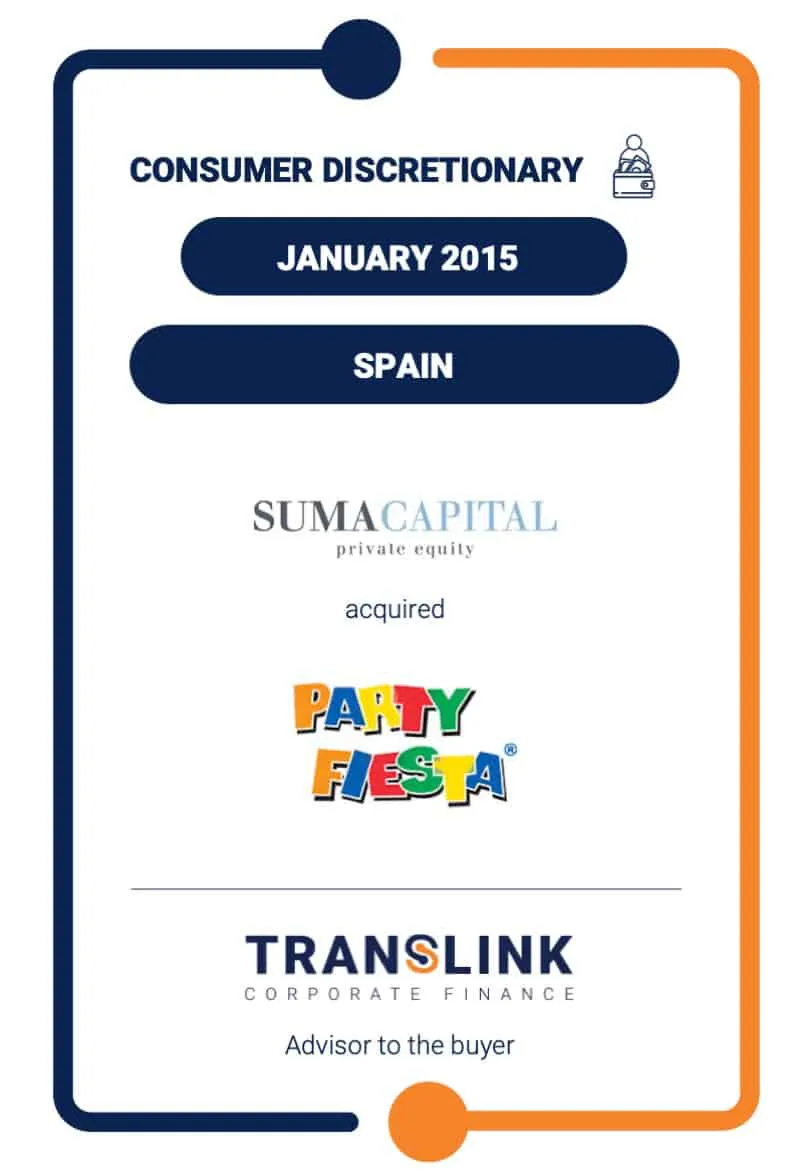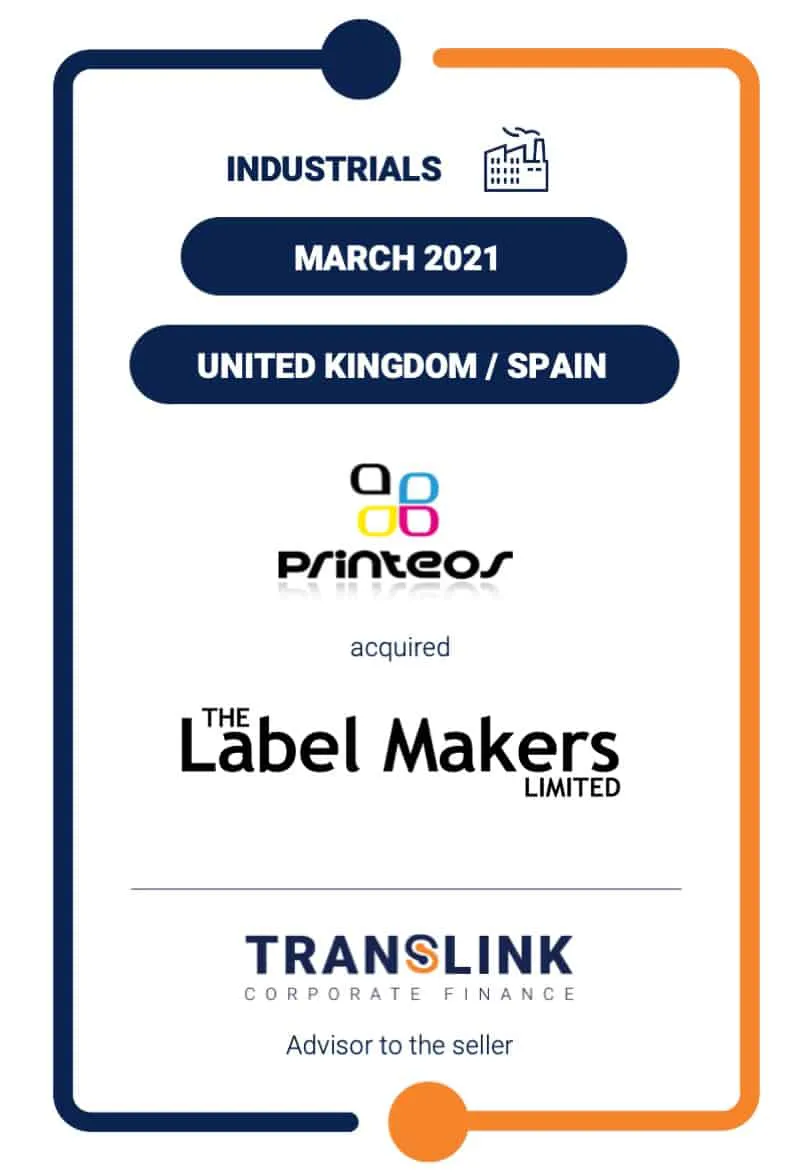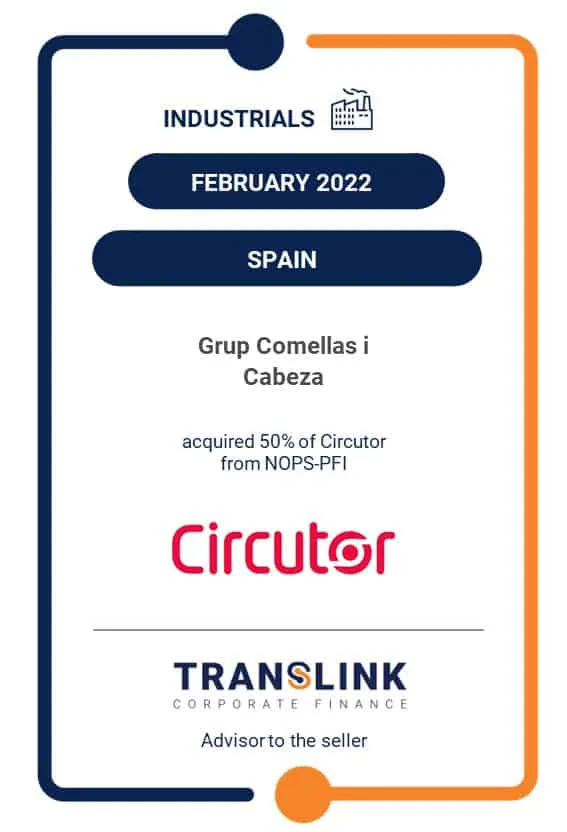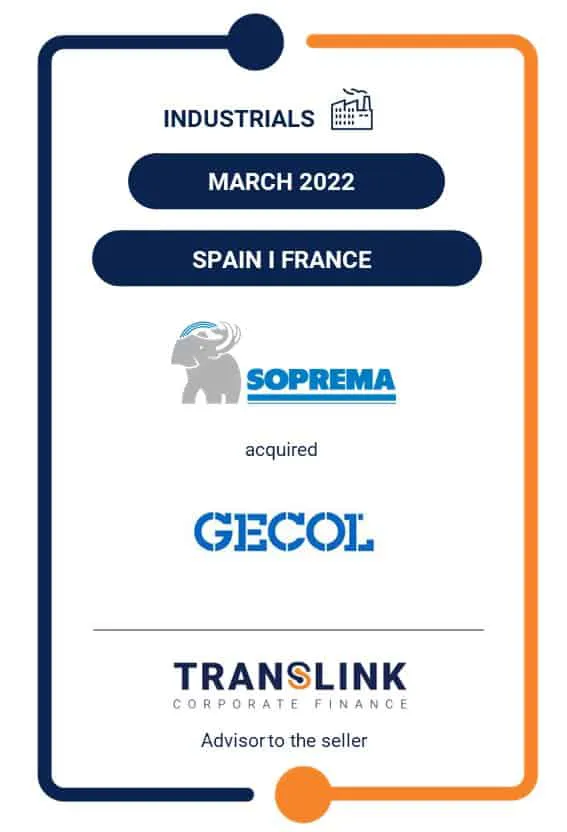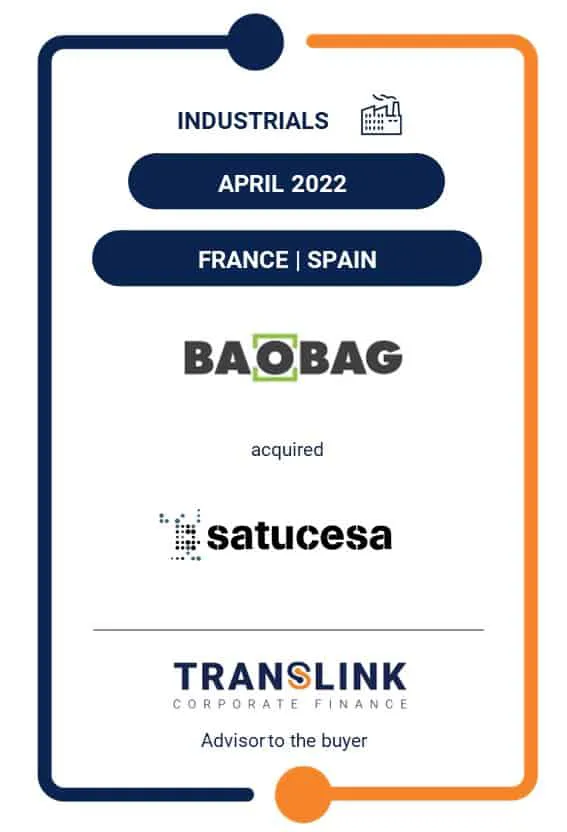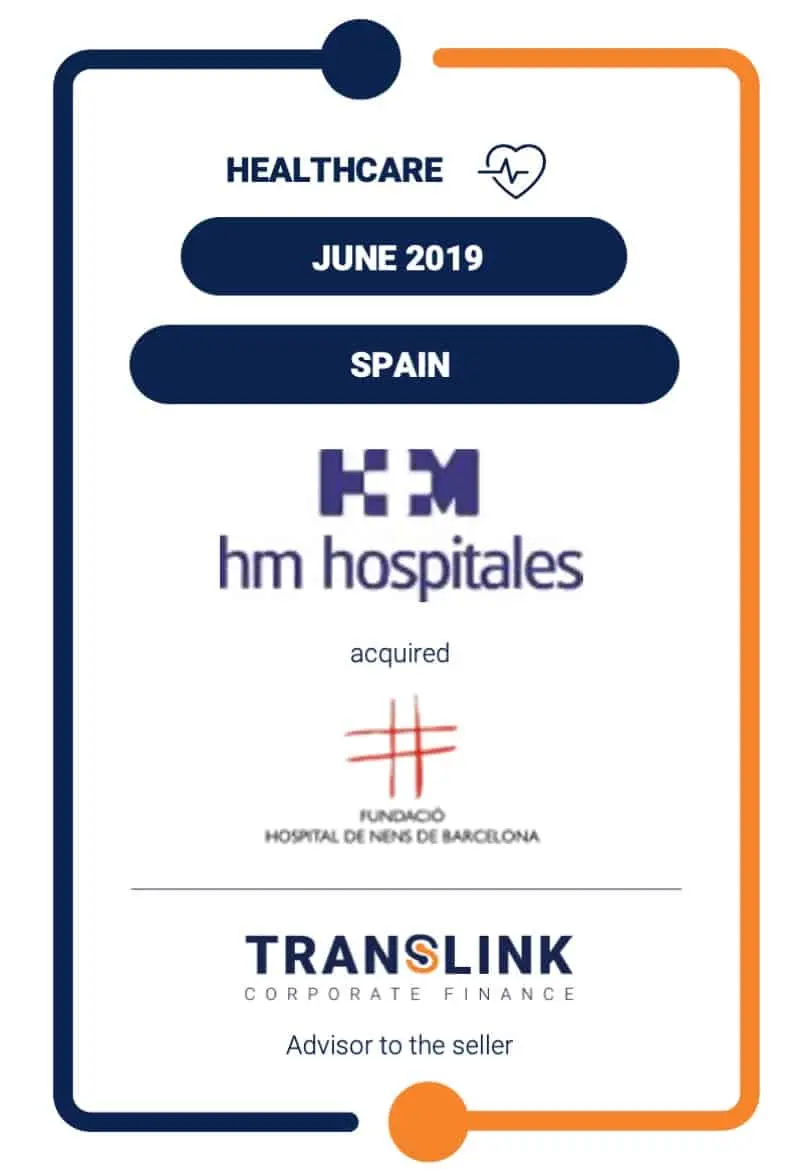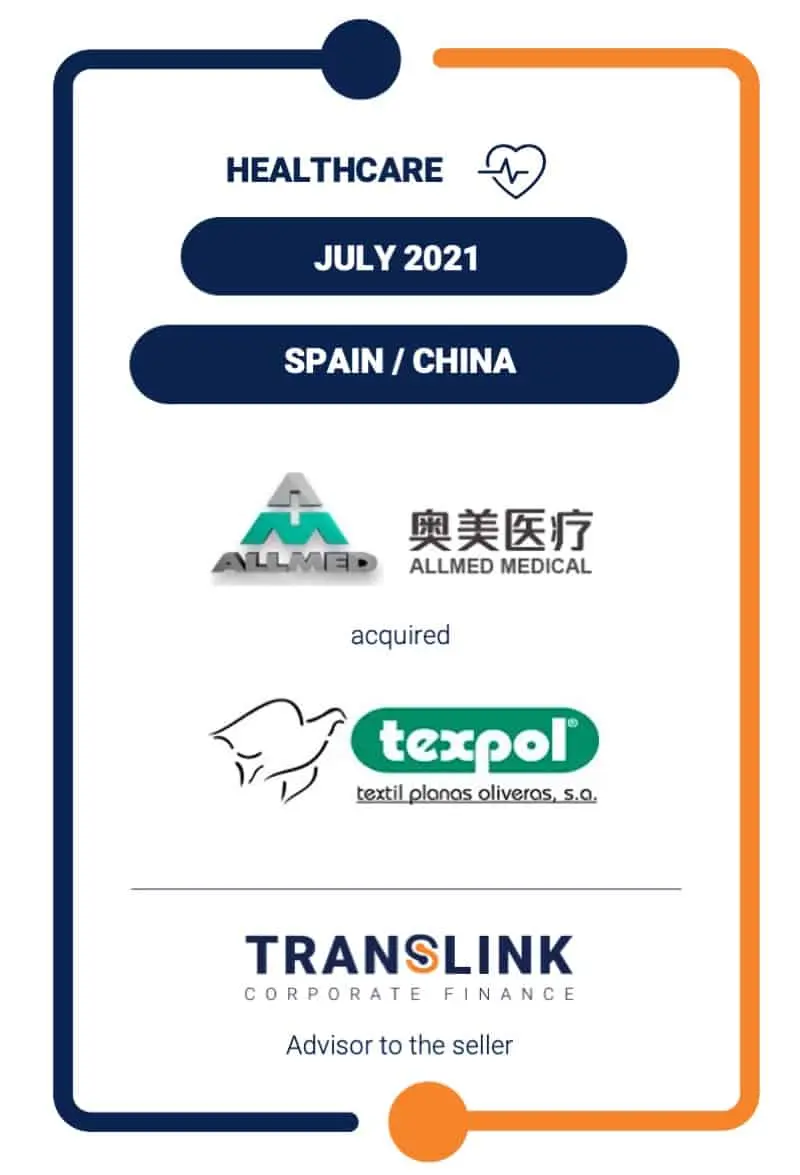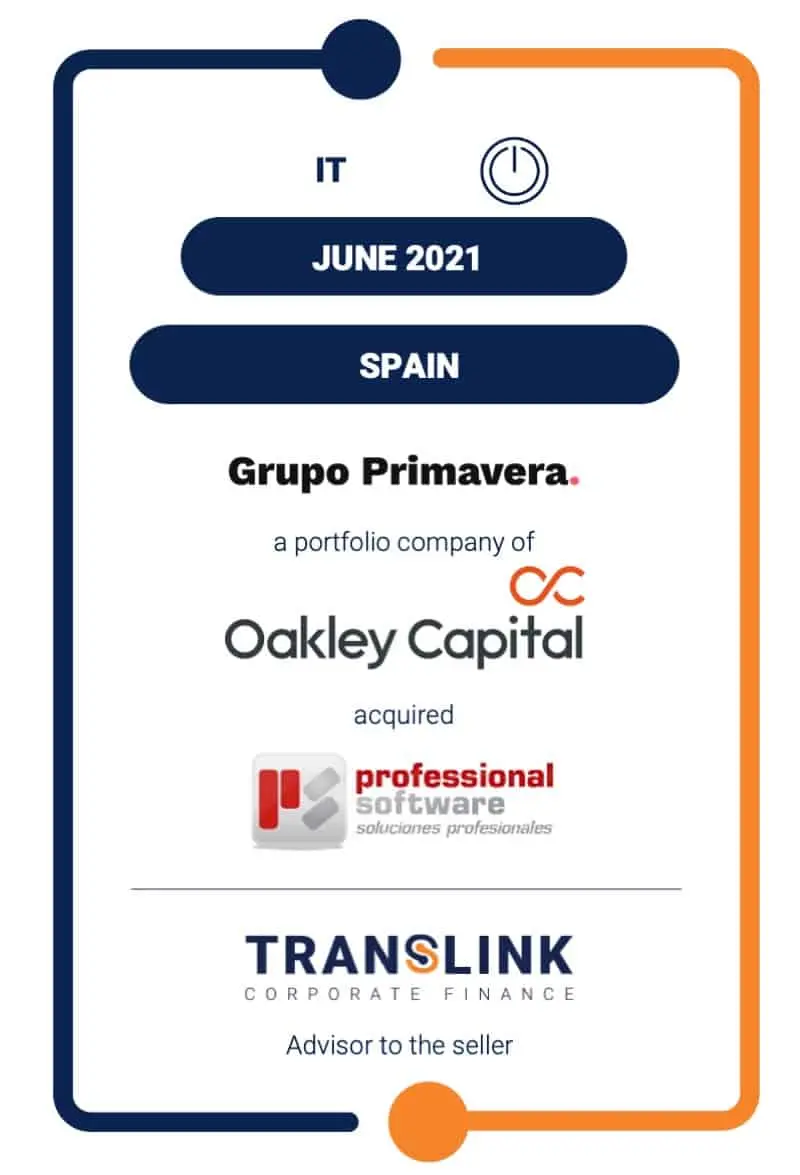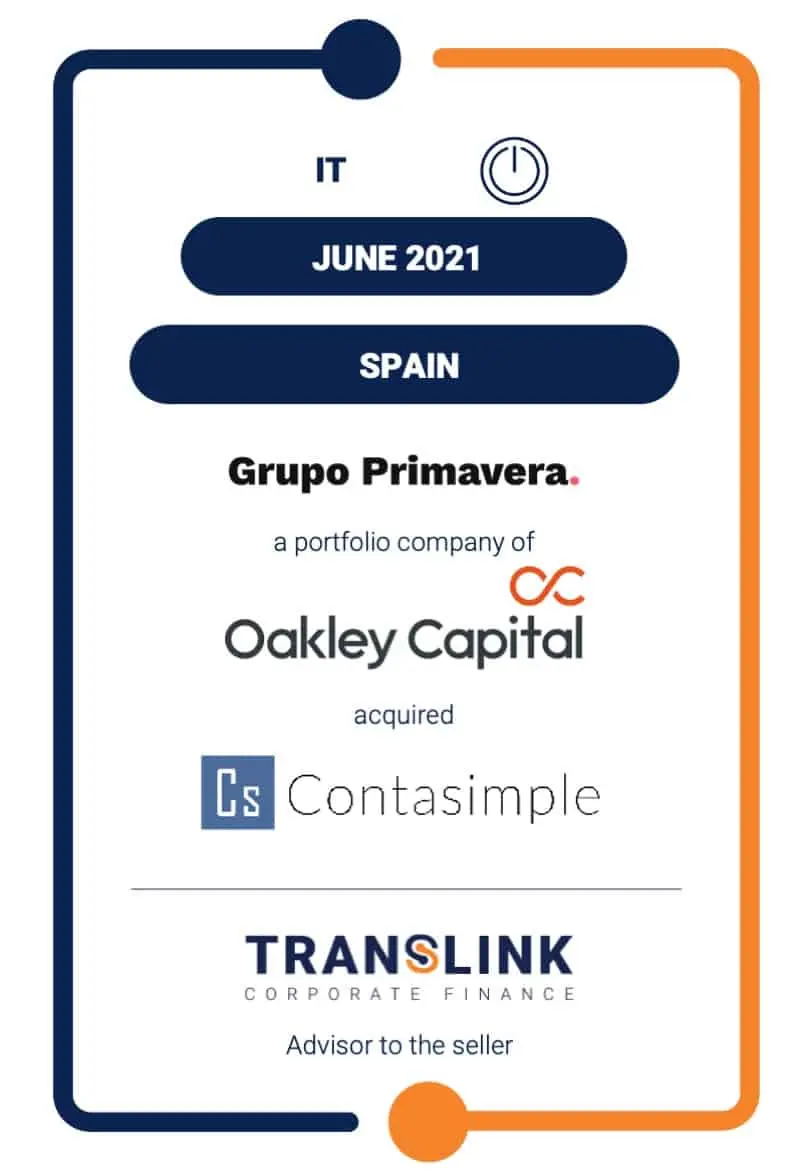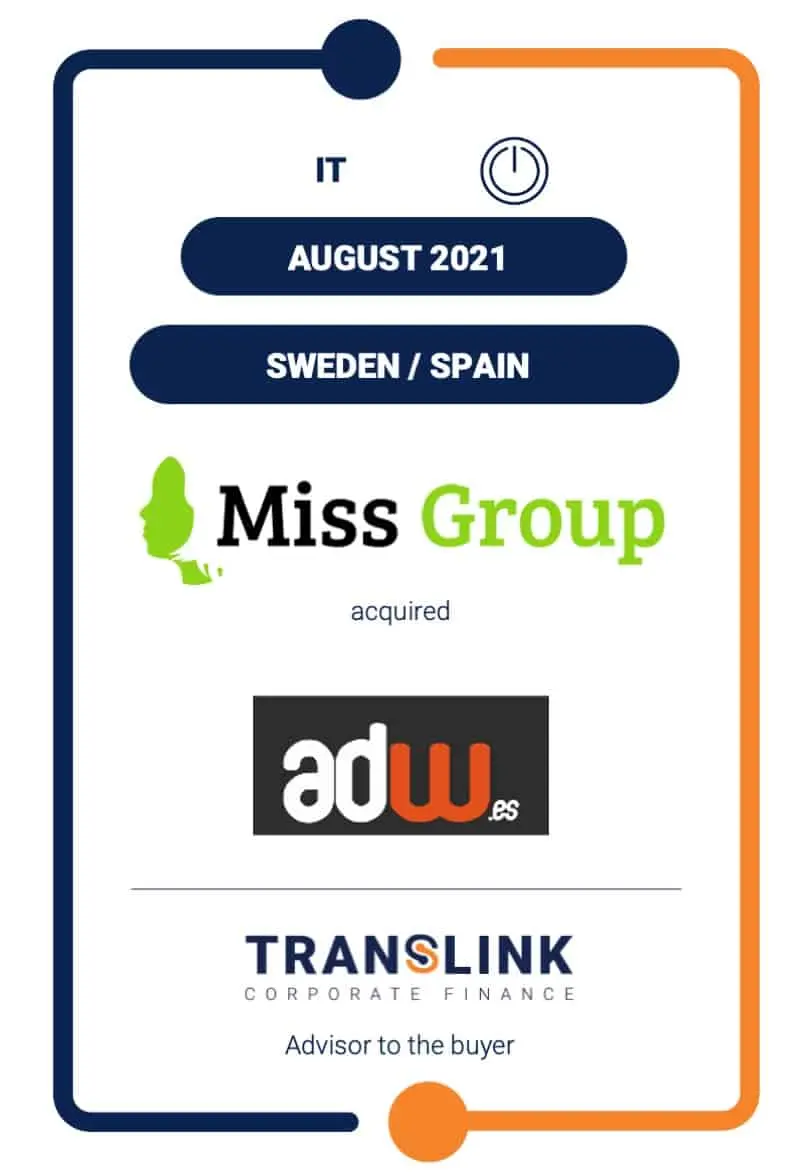2 September 2024
FOCUS ON: Key considerations for tech businesses considering a Series A funding round
Do you run an early-stage tech business and have taken an idea from concept into a marketable product? You may have secured early-stage funding from angel investors or your personal networks, which has enabled your business to achieve market validation and traction with a recurring customer base.
Translink Corporate Finance UK Assistant Director Aaron Lowery discusses how now might be the right time to consider your first taste of institutional investment to support your business on the next phase of its growth trajectory.
Aaron says: “It may be worth considering taking Series A funding, to help boost growth, and partnering with a funder who will bring to the table experience of rapidly scaling a business. Funding at this stage takes a lot of preparation to get right so I have highlighted some of the key considerations to help you plan ahead and ensure a smoother journey.”
“I have also provided an overview of Venture Capital Trust (VCT), one of the most popular forms of funding for businesses at this stage, and how Translink can help support you and your business in all stages of a fund-raising process.”
What are VCTs?
- VCTs are listed on one of the main UK stock exchanges and pool together funds raised from a large number of investors
- The VCT’s are managed by fund managers, who identify privately owned, young, fast-growing, innovative business based in the UK to invest in
- The Government wants to stimulate economic growth and support job creation so offers VCT investors various tax incentives for investing in VCTs including income tax relief, tax-free capital gains and tax-free dividends
- Individuals can invest up to £200k and must hold their shares in a VCT for a minimum of five years, otherwise they lose the tax incentives
Is my business eligible for VCT funding?
- Your business must have a permanent establishment in the UK (although a significant proportion of trade can be overseas)
- Your business must carry out what is classified by HMRC as a ‘qualifying trade’. Most trades qualify but examples of trades that are currently excluded are farming, running hotels, land dealing, financial activities, forestry and energy generation
- Your company must be less than seven years old from the point of its first commercial sale, or the point when sales first exceeded £200k
- This is extended to 10 years if your business qualifies as a knowledge-intensive company (“KIC”)
- There are also certain size restrictions – the gross assets of your business must be less than £15m and the business must also have fewer than 250 employees (500 if classed as KIC)
How much can I raise?
- There is an annual limit of £5m – extended to £10m if the business is classed as KIC
- The lifetime funding limit is £12m – extended to £20m if classed as KIC
- The annual and lifetime limits include ALL tax efficient funding received by the business (i.e. EIS and SEIS)
- A VCT fund can invest up to 15% of its money into any single company, but you can receive funding from multiple VCTs as part of a funding round
What can funds be used for?
- The primary use of funds is for growth creation such as investment in headcount, developing a new product, geographical expansion, etc.
- Following a rule change in 2015, VCT funds cannot be used to acquire another company
- VCT funding can’t be used to ‘cash out’ existing shareholders, although many fund managers have ‘sidecar’ funds which can be used to facilitate this alongside providing growth funding
What are investors looking for:
- A proven business model – a product with proven market fit, multiple customers and a historical track record of revenue generation (typically upwards of £500k)
- A well-rounded management team – a strong team with relevant sector experience will give an investor comfort that they have the capabilities to deliver the plan. Be aware of any skill gaps in your team and have a plan to address them (this may be part of the plan post investment)
- Know the story of your business – you should be able to explain your business clearly and concisely, including the addressable market, the unit economics and how the organisation is positioned to deliver the growth you are forecasting. You should also be aware of any key competitors and how your business differentiates itself from them
- Understand the fundraising plan – you need a clear plan for how funds will be utilised and be realistic about what is required to deliver the plan – don’t just pick a random number!
- A realistic plan/forecast – an unrealistic plan with unsubstantiated growth assumptions isn’t helpful to anyone and suggests that you don’t fully understand the market you operate in – be confident that the story you’re selling can be achieved
- Good quality information – you will need a thoughtful and well-reasoned business plan and forecast model, which considers the key drivers of growth and showcases how scale will deliver growth
- Consideration of what happens down the line – will this round of financing be sufficient to achieve the goals you have for the company, if so what is the exit plan and how does the investor make their return, if not, when will further funds be required, how much and where from
Other considerations
- Timing – you should factor in the length of time it will take to complete due diligence, investor approvals and to finalise legal documents. Make sure you have a big enough cash runway to see you through at least the next 6 months
- Find the right partner – you will be on a growth journey with your chosen investor for three years or more – make sure you choose one that you want around the board table, not just the one that makes the best offer
- Be certain this is what you want – compared with running an owner managed business where you can set your own pace, working with investors can be challenging. Whilst this will be in a supportive way, they will expect you to work hard and fast to meet the collective goals of the company. Make sure you have taken soundings from others who have raised finance before and worked with investors through the cycle, you understand the attractions and the pitfalls and be prepared for it – remember, raising funds is only the start of the journey
Translink Corporate Finance can provide you with end-to-end support throughout your fundraising journey. Here’s how we’ll help you and your business:
- Ensure you’re ready for the process – we can support you with the preparation of key documents – financial model, pitch deck, data room, etc. and provide you with advice at every stage. This often involves iterating your messaging and shaping the proposal to ensure it meets the demands of investors
- Investor network – we can introduce you to our network of VCT fund managers
- Negotiation – our team helps negotiate on term sheets and key legal documents
- Due diligence and legal documentation – we use our extensive deal experience to guide you through the due diligence process and finalise key deal documents
Get in touch with Aaron for support around VCT funding for your business. Contact Aaron on alowery@translinkcf.uk.com




























